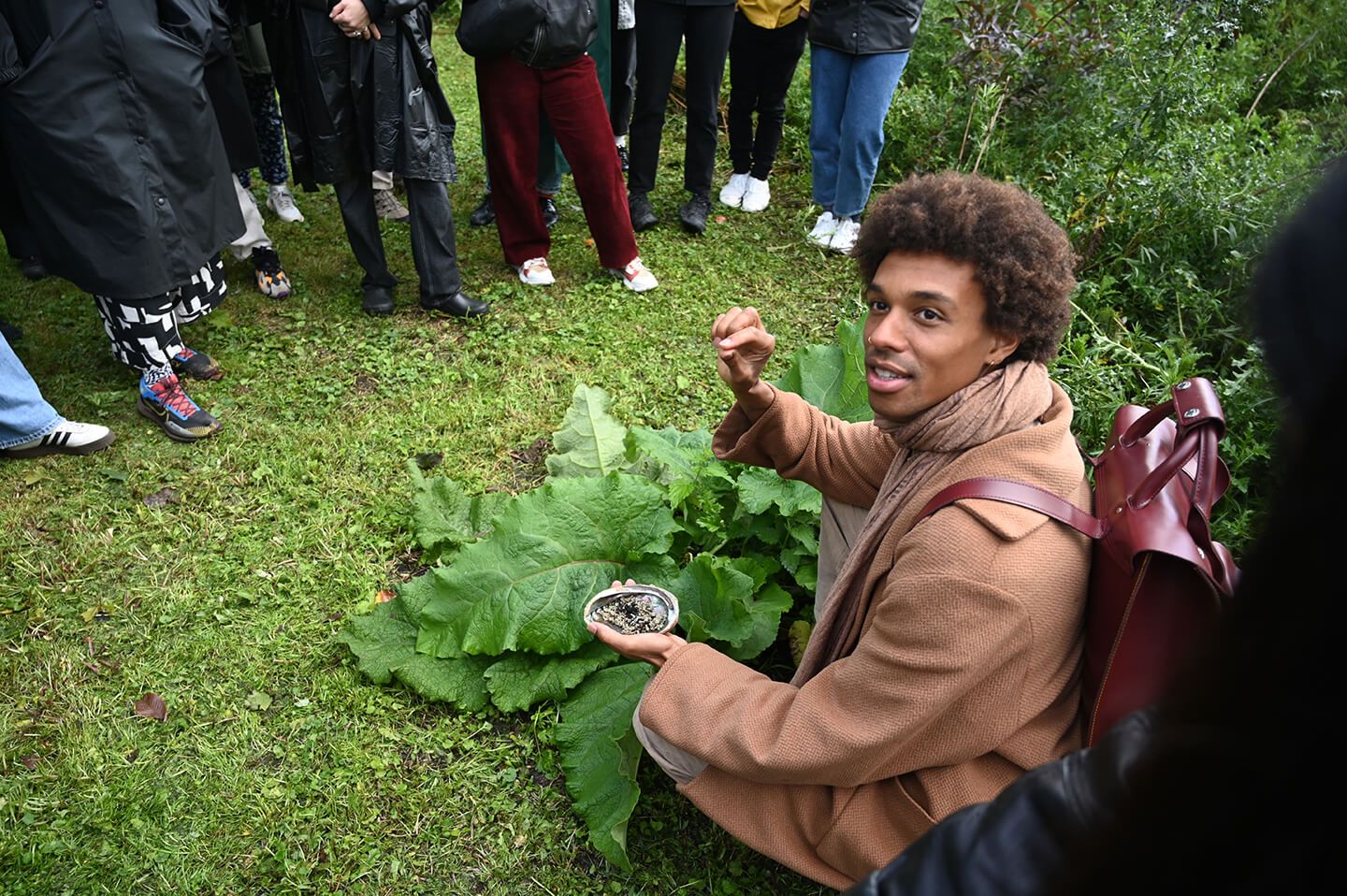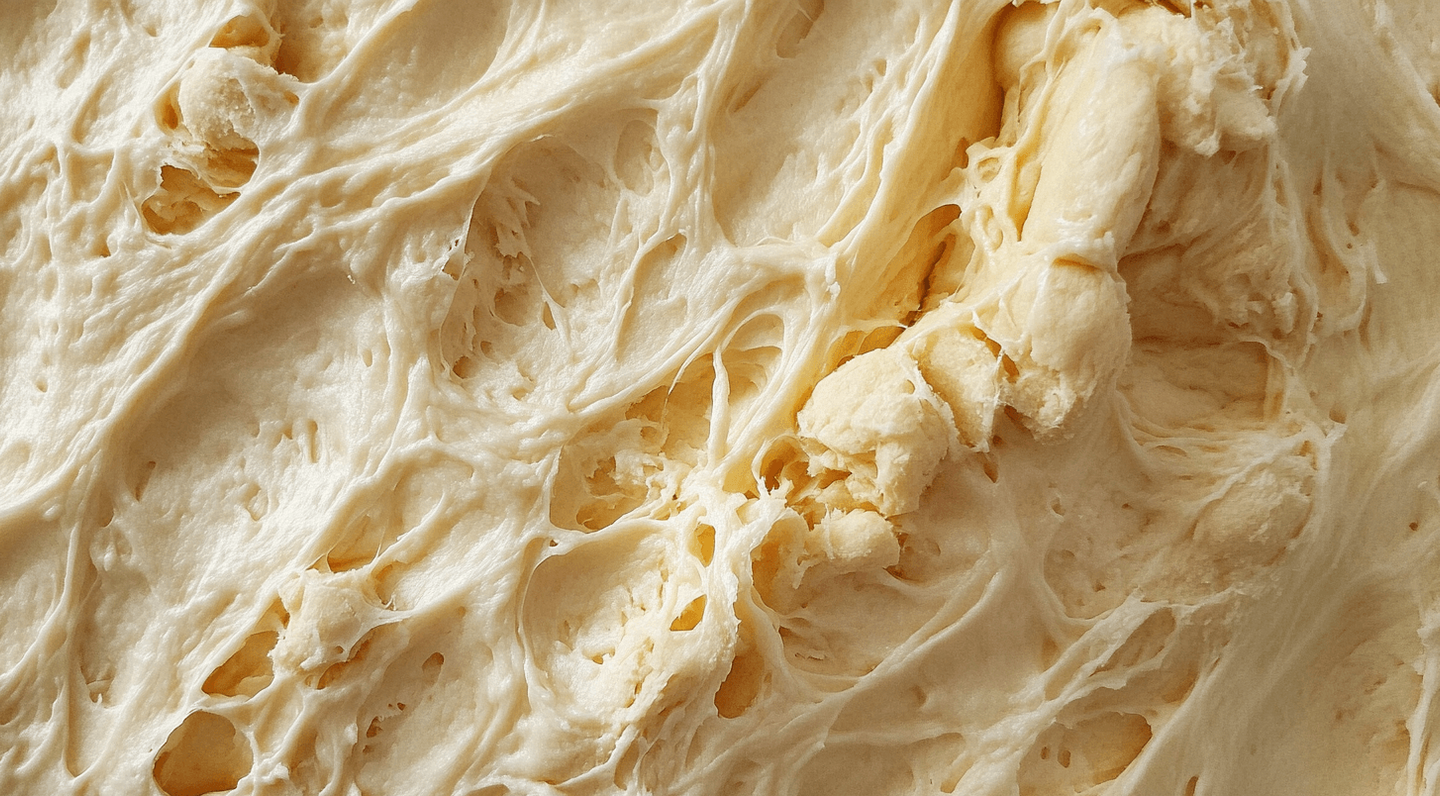
Alternative MA 2025/2027
Food & Art
This Alternative MA (altMA) pursues the reconceptualisation of the world through food, reframing a food-scape reality where to develop an artistic practice. This programme is built on a desire to explore, learn and relate to food as a valid discipline in the arts, academia and other educational contexts. The altMA departs from an understanding of food as foundational, the essential part of any world-building exercise. Through it, we aim to establish food and cooking as inherent signifiers of human culture. Seeing-through-food is crucial because food and its systems build the current ecological terraforming.

Food and Art altMA
Sept 2025 - May 2027
30/35 participants per cohort
The Food and Art Alternative MA is a unique 2-year course focusing on food practices as political subjects in contemporary art and culture. We navigate the intersection of culinary histories, socially engaged art, political discourse and ecological understandings to critically explore contemporary tensions and possibilities through food.
The teaching combines in-house classes addressing foundational aspects of food and art, guest lectures from some of the most relevant minds in the field, residencies in collaboration with cutting-edge institutions or organisations, group discussions, individual tutorials, and possibilities for public presentations.
2 Years
We have transitioned from offering a one-year altMA to a two-year program because we recognised the need for more time to establish a solid foundation of knowledge and skills before allowing students to fully immerse themselves in project development. The previous structure, while intensive, often left little room for participants to deeply engage with the theoretical and practical grounding essential for their growth. By extending the program to two years, we aim to provide a more comprehensive framework where participants can first build the necessary base of understanding and then use that as a springboard to develop and refine their projects with greater depth, creativity, and confidence. In contrast to universities, which are increasingly shrinking their curricula, we are adapting the program length to what we believe is necessary to give space and time for a creative practice to solidify and thrive.
Full format
2800€ per year Online seminars 5 in-person residencies Project development
APPLICATIONS DEADLINE 23RD MARCH 2025
#1 Residency - with Mediamatic
Amsterdam, NL
#2 Residency - Term 2
Mexico City, MX
#3 Residency - Term 3
Serra da Estrela, PT
#4 Residency - with Massia
Massiaru, EST
#5 Residency - Final Presentations
Madrid, ES
INFO SESSION
Ask your questions directly on a zoom call on Wednesday 26th of February at 7pm CET
Online format
650€ per year Every Monday, 7pm CET 90’ classes
SIGN UP DIRECTLY UNTIL CAPACITY IS REACHED
For participants with less availability, there is the option to join solely for the online content, without access to the residencies or project development. Online access has a cost of 650€. Instalment payments are available depending on the country where the bank card is issued.
Online Scholarships
In order to facilitate access to participants from less favourable economic backgrounds and POC, The Gramounce offers a limited amount of opportunities. This year, we are excited to offer scholarships and work exchanges for the online altMA program. These initiatives are designed to make the program more accessible to a diverse range of participants. If you are interested in applying, we will be publishing the open call on the 23 March, once the Full programme open call has ended.
Applications
Prospective participants are asked to fill out a form on our website, sharing their contact details, a short paragraph about themselves (bio and statement), some examples of previous work and a short description of a project in-progress or idea for a work they’d like to develop as part of the programme. Please note we just use the project proposal to be able to get an idea of how your mind works, and it does not mean that is the project you will necessarily develop during the studies.
Applications closed on the 23rd of March 2025, with participants notified by April 2023. Places for the full altMA are limited to 30/35 participants.
Enrolment
Successful applicants for the full altMA will be given a maximum of 10 days upon receiving the acceptance letter to pay for their course to secure their place. Please make sure you are ready to enrol by April. Instalment payments will be available depending on your bank and country of residence. Unfortunately, we are not able to offer any instalment plans that are not operated automatically.
For the online course, participants will be able to simply purchase access directly, without application.
Methodology
Through a series of lectures, residencies, practical exercises and projects, we will pursue interdisciplinary modes of knowledge sharing and exchange, while fostering opportunities for sustained growth and collective thinking. The theoretical content of our programme is not always specifically about food, but about what we consider crucial for a food-art practice. We aim to create an atmosphere of trust and safety, in order to help form a tight knit community of critically engaged, curious and rooted thinkers and makers. Joining this altMA means to enter into a cosmos of continued support, generosity and care, well beyond the end of the learning programme.
Structure
The majority of this programme is held online, in the form of lectures, guest speaker presentations, conversations and 1-to-1 or group tutorials. References and reading materials are made available in advance, which participants are encouraged to read/engage with.
Once per term (except during term 5), full participants are invited to join us on an in-person residency: 10 days of practice-based learning and local research through workshops and field trips, held in collaboration with different institutions, collectives or platforms. The residencies are fundamental in order to strengthen bonds between participants and tutors, and offer a chance for experimentation and development of the participants’ projects.
Throughout the year, participants have the opportunity to further develop their project, with online support from 1-to-1 tutorials and cross crits by peers. At the end of the altMA, we will work towards an optional exhibition together. This is a chance to showcase the participants’ research and projects and share it with the public. The exhibition can take the form of a dinner, a show of physical artworks, a publication, a film etc. The shape and form of it will be built collectively during the altMA, following the progress of the participants.
Meet our guest speakers
ruangrupa
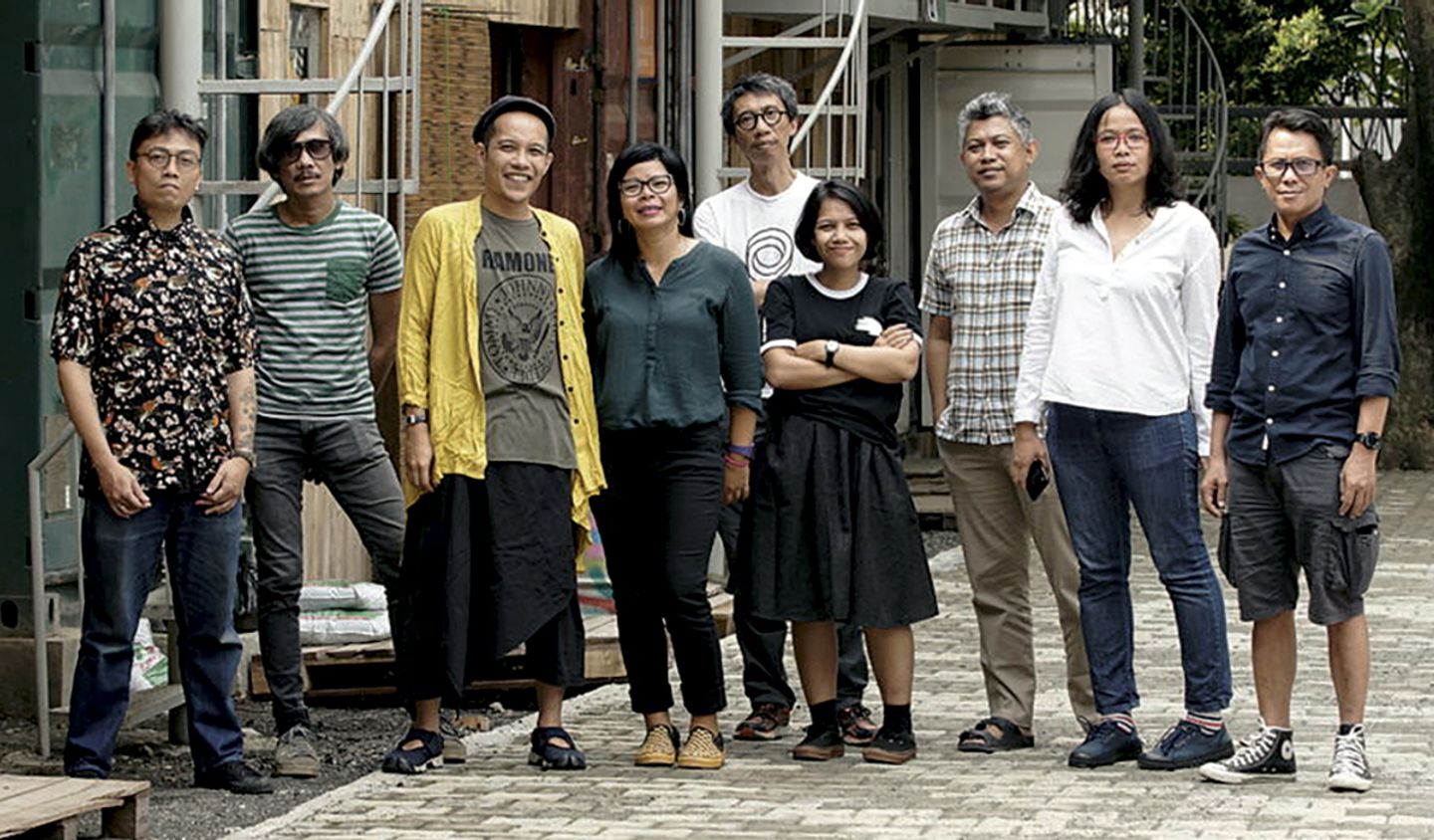
Read more
Art Collective

ruangrupa
Art Collective
ruangrupa (abbreviated as ruru) is a contemporary art collective based in Jakarta, Indonesia. Founded in 2000 by a group of seven artists, ruangrupa provided a platform in South Jakarta for organising exhibitions, events, and festivals, also conducting publishing services, workshops, and research.
ruangrupa functions as a non-profit organisation that supports contemporary art within the urban and cultural contexts of Indonesia and beyond, often involving artists and practitioners from other disciplines such as the social sciences, politics, and technology. The collective also supports the development of video art through research, documentation, and their biennial video art festival, OK Video, first held in July 2003.
As a collective, they co-directed documenta fifteen , which took place 2022 in Kassel, Germany; notably the first Asian group and the first art collective to curate the large-scale international exhibition.
While the collective has no fixed number of members, ten of the group's core members engaged in the directorship role, including director Ade Darmawan, Ajeng Nurul Aini, Daniella Fitria Praptono, Farid Rakun, Indra Ameng, Iswanto Hartono, Julia Sarisetiati, Mirwan Andan, Narpati Awangga, and Reza Afisina.
In 2022, ruangrupa topped the ArtReview Power 100 list for their defense of artistic freedom amidst the controversies of documenta fifteen, as well as their influential mode of nonhierarchical working that continues to inspire ongoing collaborations across the art world.
Federico Campagna
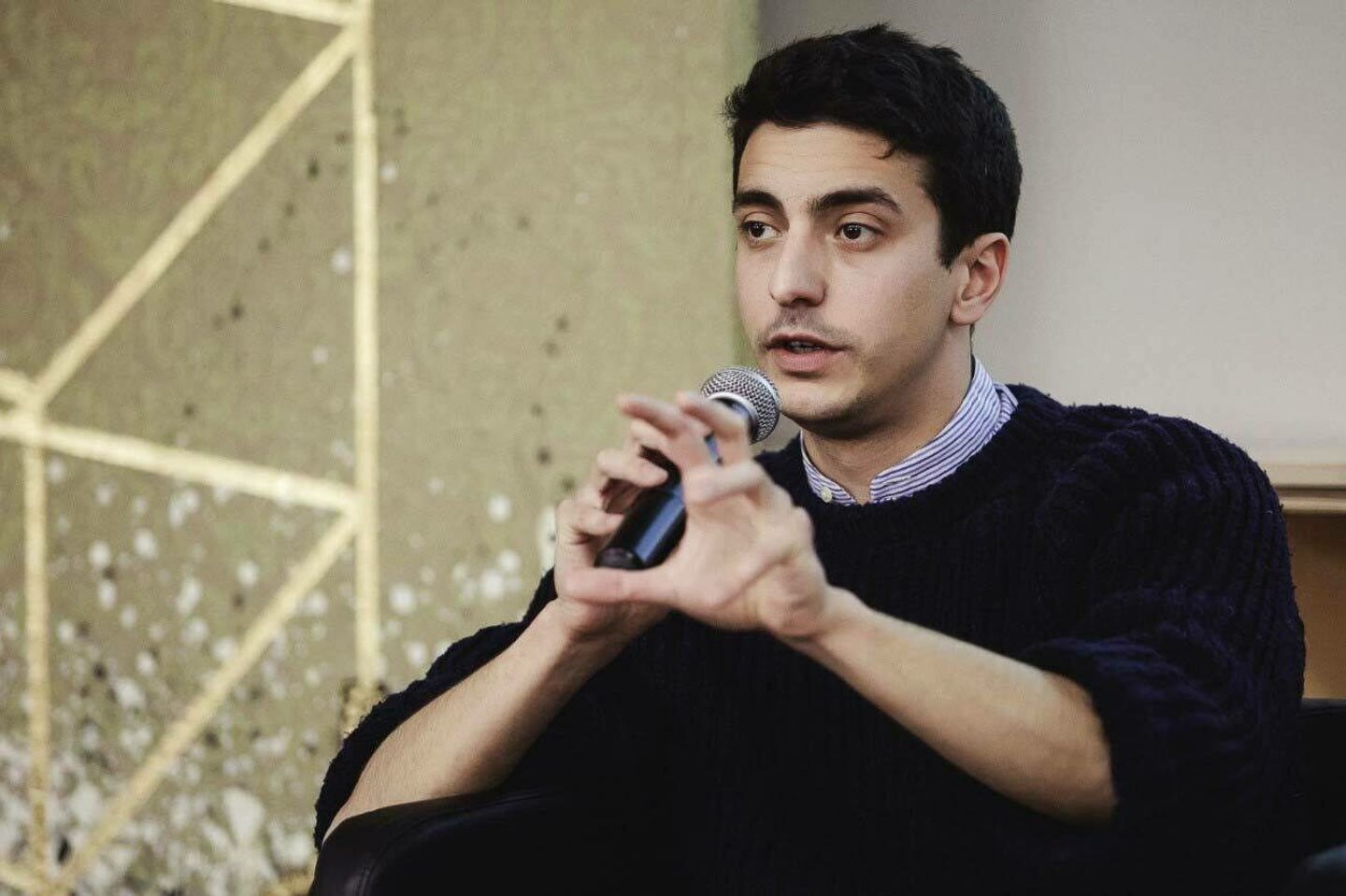
Read more
Philosopher and Writer

Federico Campagna
Philosopher and Writer
Federico Campagna is an Italian philosopher and writer based in London. His latest books are Prophetic Culture (2021) and Technic and Magic (2018). He is Critical Fellow at the Royalty Academy Schools in London, Associate Fellow at the Warburg Institute in London, and a director at the radical publisher Verso Books. He is the host of the podcast Overmorrow’s Library for the Centre of Contemporary Arts in Geneva. He is currently working on a new book on the history of world-building imagination in the Mediterranean.
Carolyn Steel
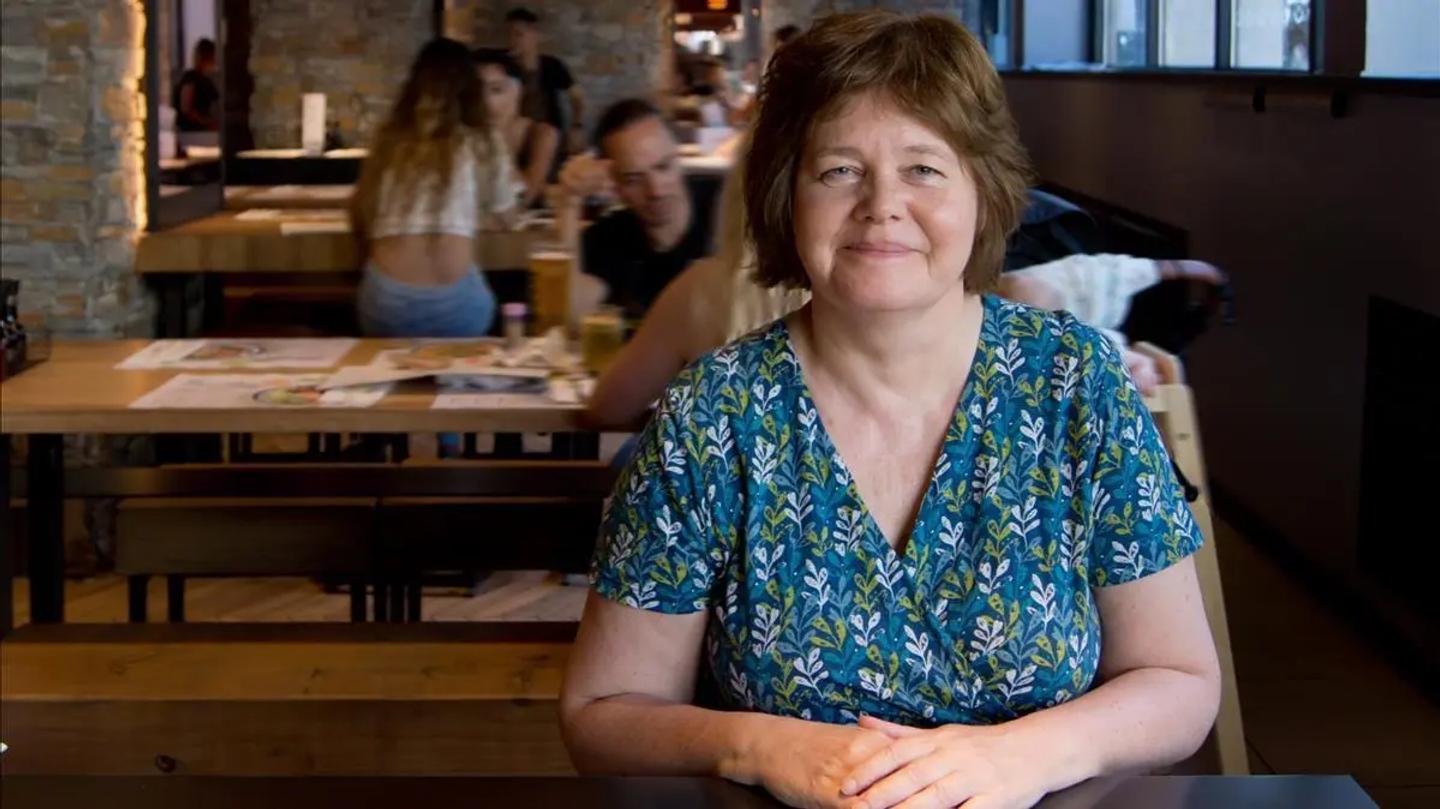
Read more
Architect and Writer

Carolyn Steel
Architect and Writer
Carolyn Steel is a leading thinker on food and cities. She is the author of the award-winning Hungry City: How Food Shapes Our Lives. (2008) and Sitopia: How Food Can Save the World (2020). Her concept of sitopia, or food-place (from the Greek sitos, food + topos, place) has gained broad recognition across a wide range of fields in design, ecology, academia and the arts.
Colectivo Amasijo
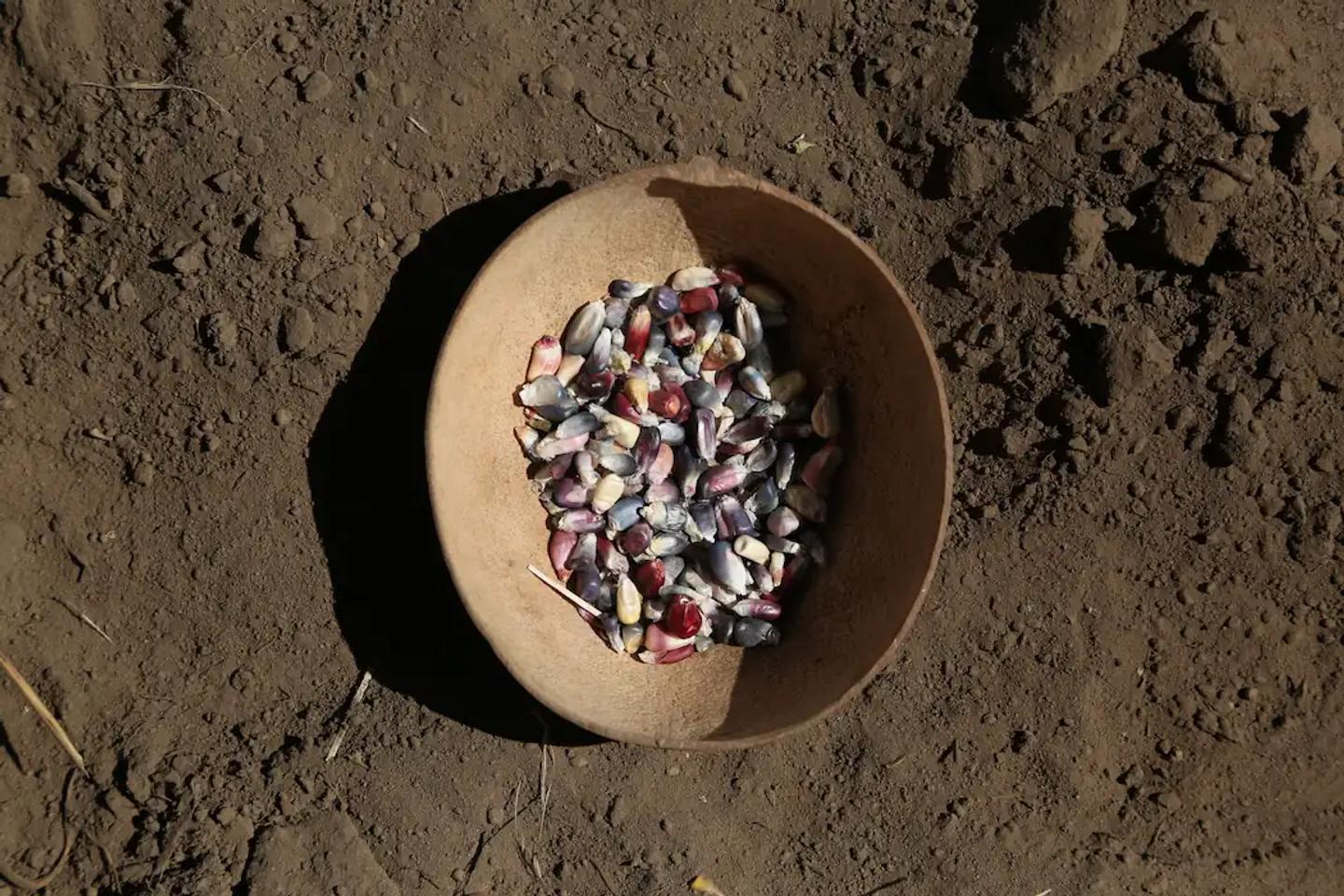
Read more
Food Centred Collective

Colectivo Amasijo
Food Centred Collective
colectivo amasijo, created in 2019 in Mexico City, is comprised of women of different professions, different ages and from different parts of Mexico. The collective rises from the will to care, conserve, and celebrate. Creating the conditions to actively reflect on the origin and diversity of food, de-hierarchizing knowledge and focusing on the “doings” (haceres) as a way of learning. They listen to the narratives of women close to the land and cook collectively as a way to share, learn, and relate. Through food, the interdependence of language, culture, and territory becomes visible.
Suzanne Bernhardt & Philipp Kolman
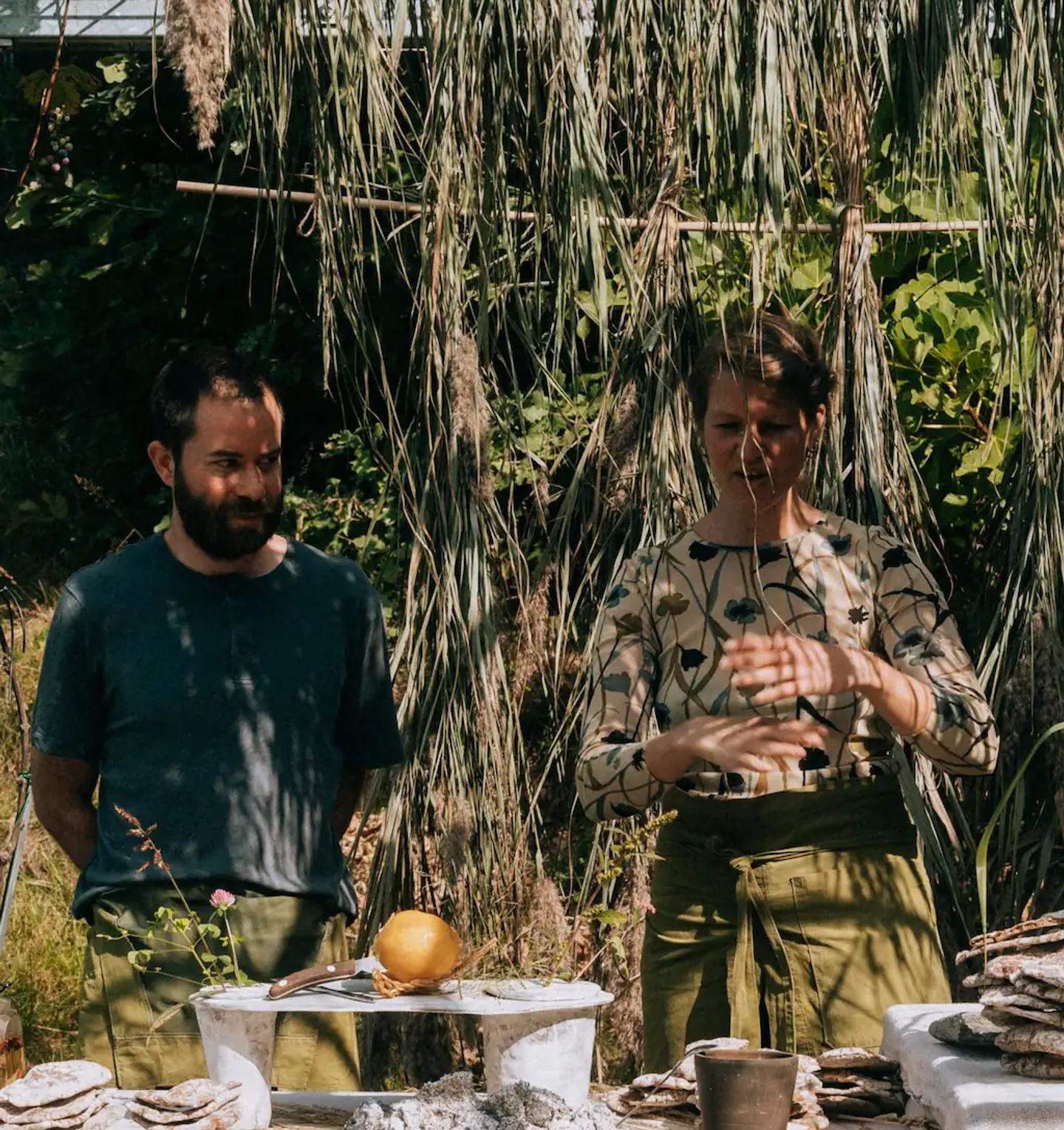
Read more
Artist Duo

Suzanne Bernhardt & Philipp Kolman
Artist Duo
Since three years Philipp and Suzanne work together as more-than-human collective and trans-local food studio. Tracing the roots and routes of different foods across histories, geographies and cultures, they develop site-specific services, formats and frameworks to reimagine what and how we eat. Departing from their interest in sweetgrasses, the immersive family of grains and cereals foundational to all human settlement, they tell edible stories that activate all senses and seek to inspire caring relationships between people and land.
Currently, Philipp and Suzanne are reviving ancient techniques for food preservation and storage through the development of a permanent public art work for Dogo Residenz für Neue Kunst and Toggenburg Tourism (CH) to be opened in fall 2025. In addition, they are researching orchard culture and forgotten fruit trees for Nova Gorica and Gorizia, European Capital of Culture 2025 (SI) in collaboration with Robida Collective (IT). Besides, Philipp and Suzanne offer consulting services to those in need and develop workshops and educational programs for organisations in various areas, such as Design Campus Dresden (DE), Plantahof School of Agriculture (CH) or Tourismus Region Klagenfurt (AT).
Eduardo Castillo-Viñuesa
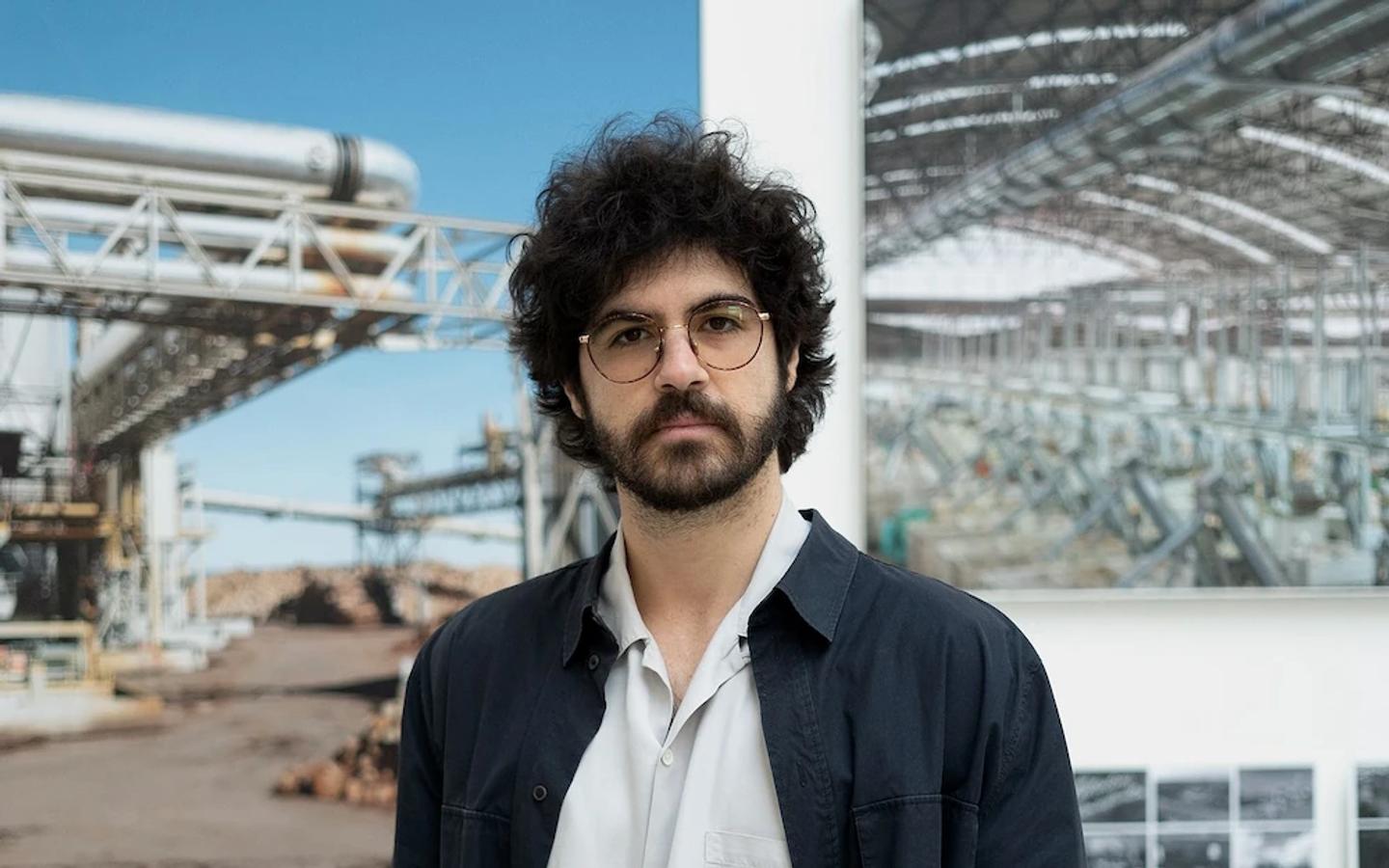
Read more
Architect, Researcher and Curator

Eduardo Castillo-Viñuesa
Architect, Researcher and Curator
Eduardo Castillo-Vinuesa is an anti-disciplinary architect, curator, researcher, and educator operating at the intersection of academia and the cultural sector. His work utilizes a cross-disciplinary approach, integrating architecture, institutional design, filmmaking, and alternative curatorial practices to explore the critical spatial forces shaping our time. He often creates institutional and para-institutional platforms to develop research-driven projects that couldn’t be realized otherwise under more normative forms of research or practice.
An ongoing project is Foodscapes, a long-term research initiative focusing on the systemic, ecological, and political implications of our planetary food systems and the architectures and territories underpinning their existence.
Abena Offeh-Gyimah
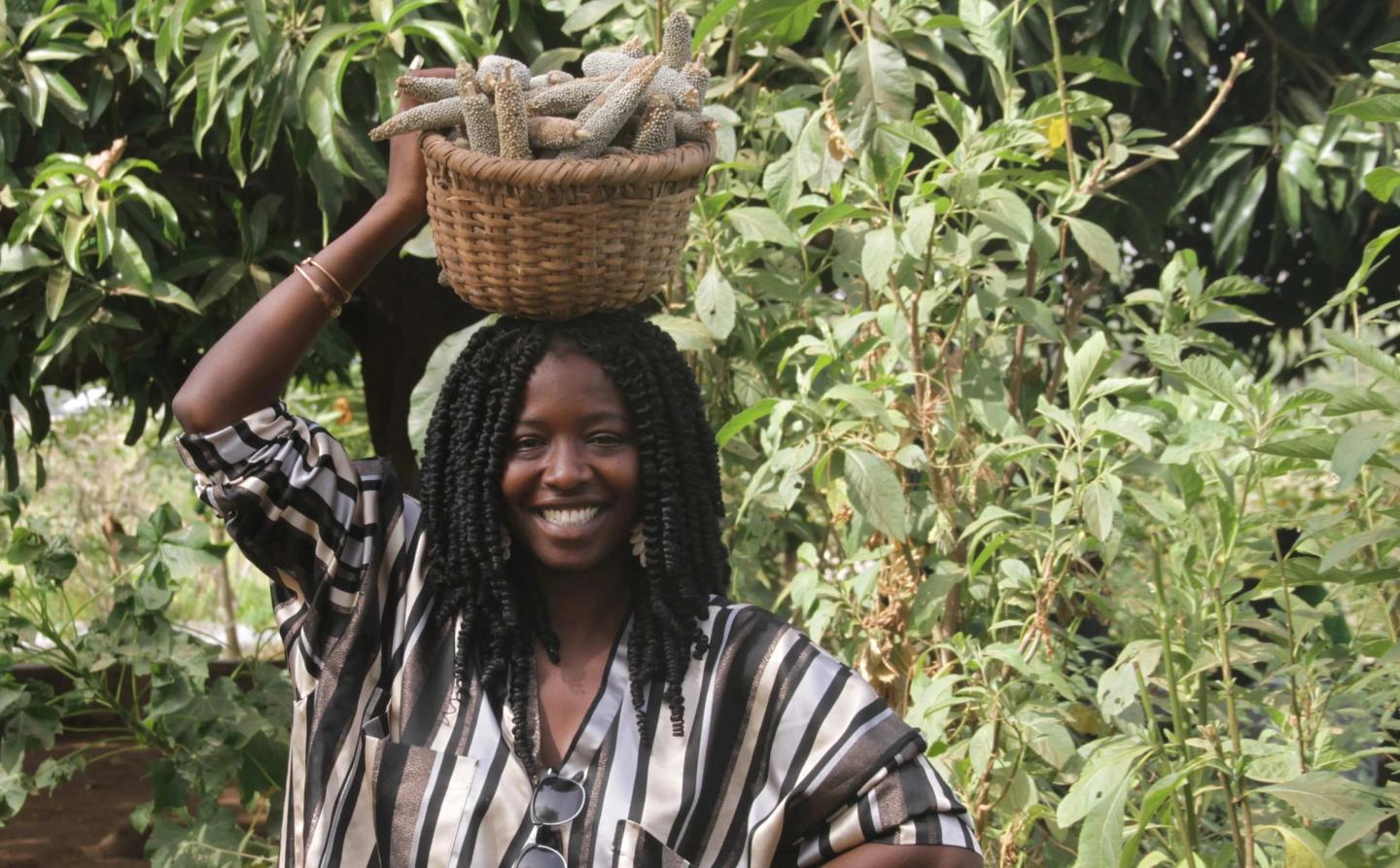
Read more
Writer, Researcher, Food Consultant

Abena Offeh-Gyimah
Writer, Researcher, Food Consultant
Abena Offeh-Gyimah (Toronto, Canada / Bolgatanga, Ghana) is a writer and researcher whose work helps to protect and maintain indigenous Ghanaian and West African seeds, foods, and plants. She is the founder and managing director of The Beela Project, she works with farmers in the Upper East Region of Ghana to preserve their indigenous seeds through seed exchanges, seed fairs, community seed banking, women’s nutritional garden, and agroecology. She is the founder of Adda Blooms, a food and beverage company specializing in indigenous African foods. Abena also hosts Taste of Bolga, a program exploring traditional food processes, cooking methods, and local food systems in Ghana. As a PhD candidate at the University of Guelph, she researches traditional knowledge and farmer seed systems in Ghana. She has worked in food, farming, and community systems for over a decade, including roles at Black Creek Community Farm and Jane Finch Community Research Partnership.
Philip Maughan
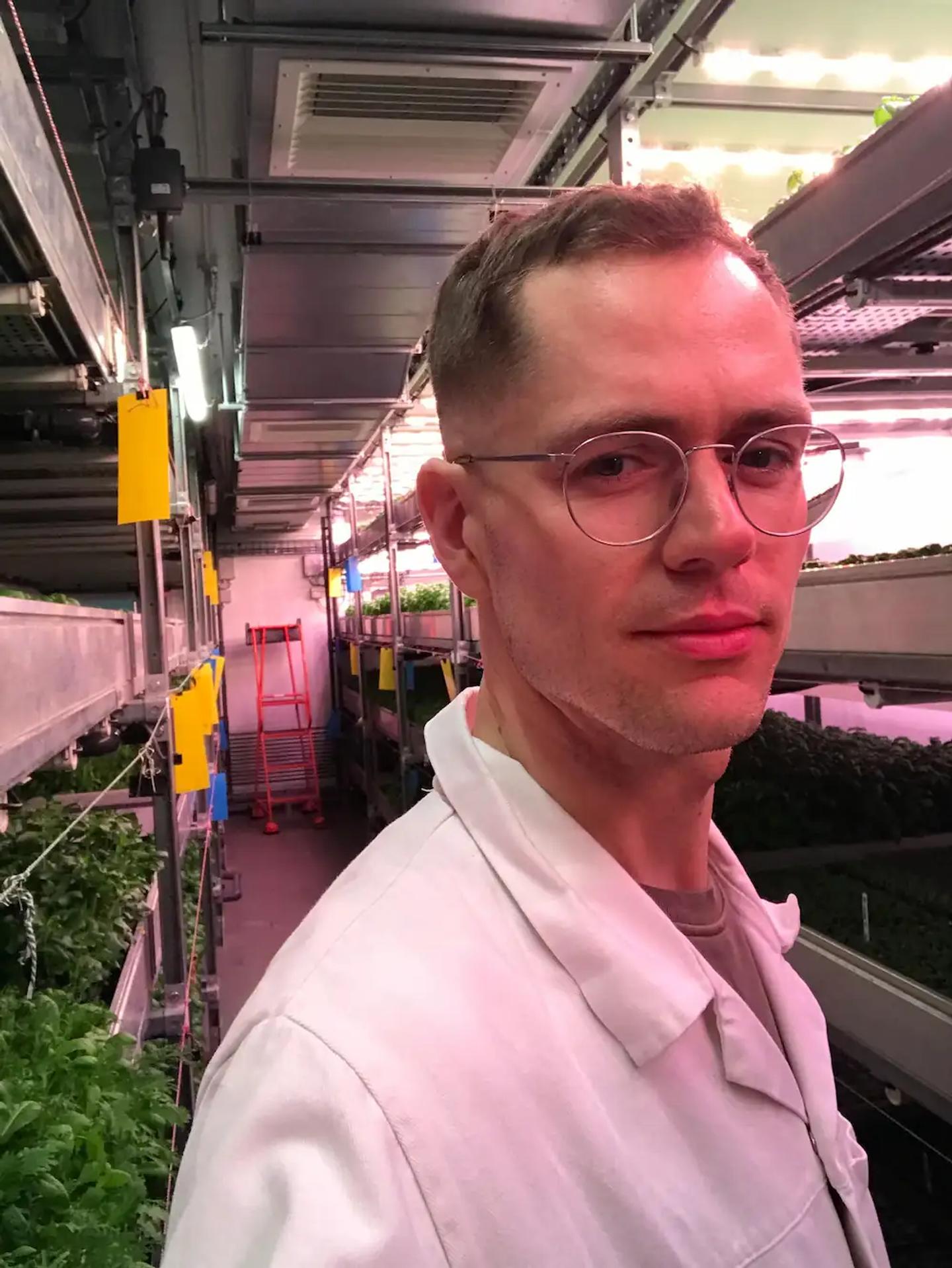
Read more
Writer and Researcher

Philip Maughan
Writer and Researcher
Philip Maughan is a writer and researcher based between London and Berlin. He writes regularly about food, technology, unorthodox science and culture, and is one half of the food philosophy platform Black Almanac.
Black Almanac is a speculative design-research platform that sees artificiality, alienation, and desire as key ingredients in the transformation of the global food system.
The project brings together concepts, tools, case studies, and people for whom equitable, nutritious, sustainable and joyful cuisine is the minimum viable requirement for food in the century to come.
The Center of Genomic Gastronomy
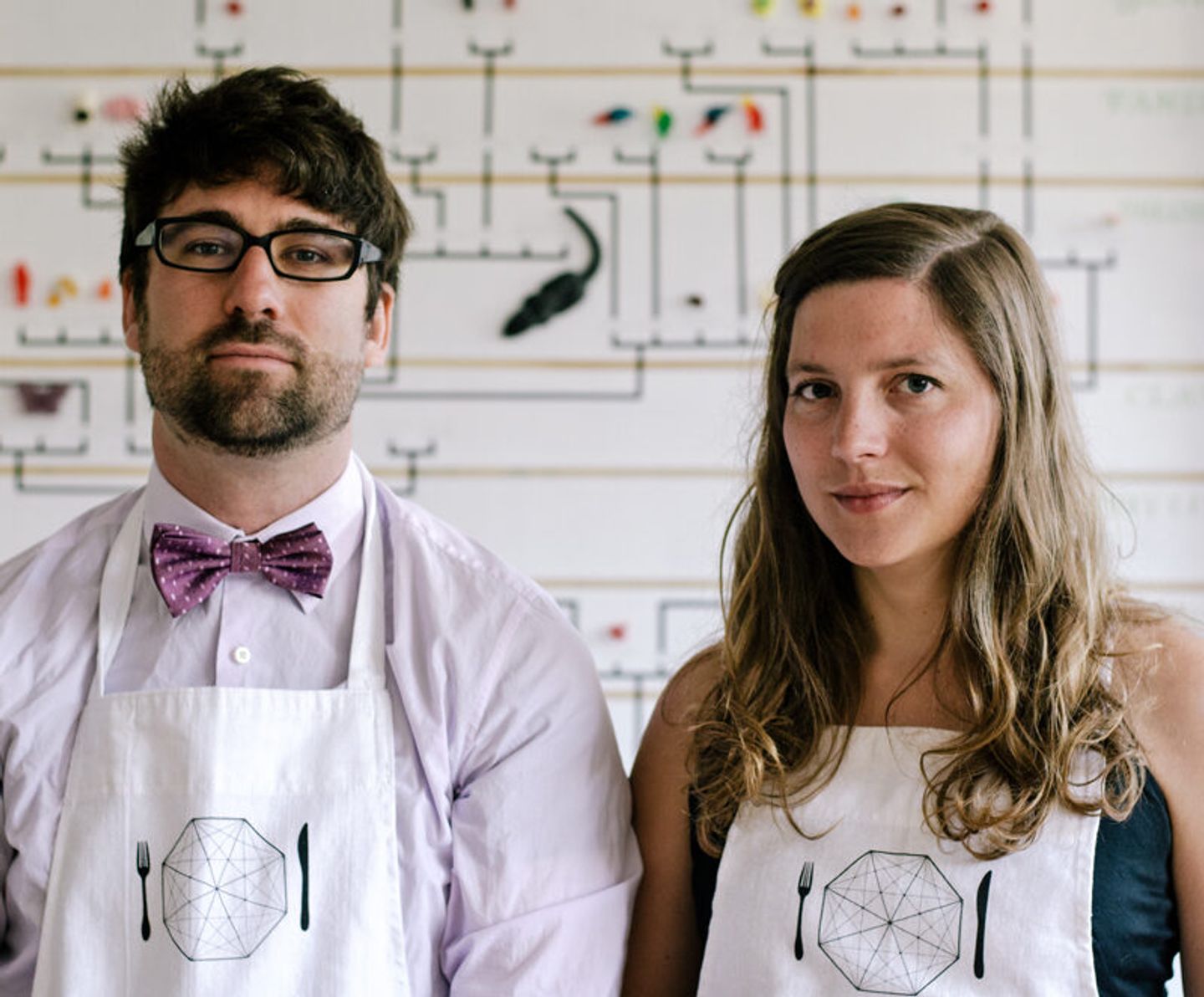
Read more
Artist-led Think Thank

The Center of Genomic Gastronomy
Artist-led Think Thank
The Center for Genomic Gastronomy is an artist-led think tank launched in 2010 by Cathrine Kramer (NO) and Zack Denfeld (US) that examines the biotechnologies and biodiversity of human food systems. They have completed research and exhibited in Asia, Europe and North America, collaborating with scientists, chefs, hackers and farmers. Their mission is to map food controversies, prototype alternative culinary futures, and imagine a more just, biodiverse & beautiful food system.
The Center’s work has been published in WIRED, We Make Money Not Art, Science, Nature and Gastronomica and exhibited at the World Health Organization, Kew Gardens, Science Gallery Dublin and others.
Dr. Patricia Ononiwu Kaishian
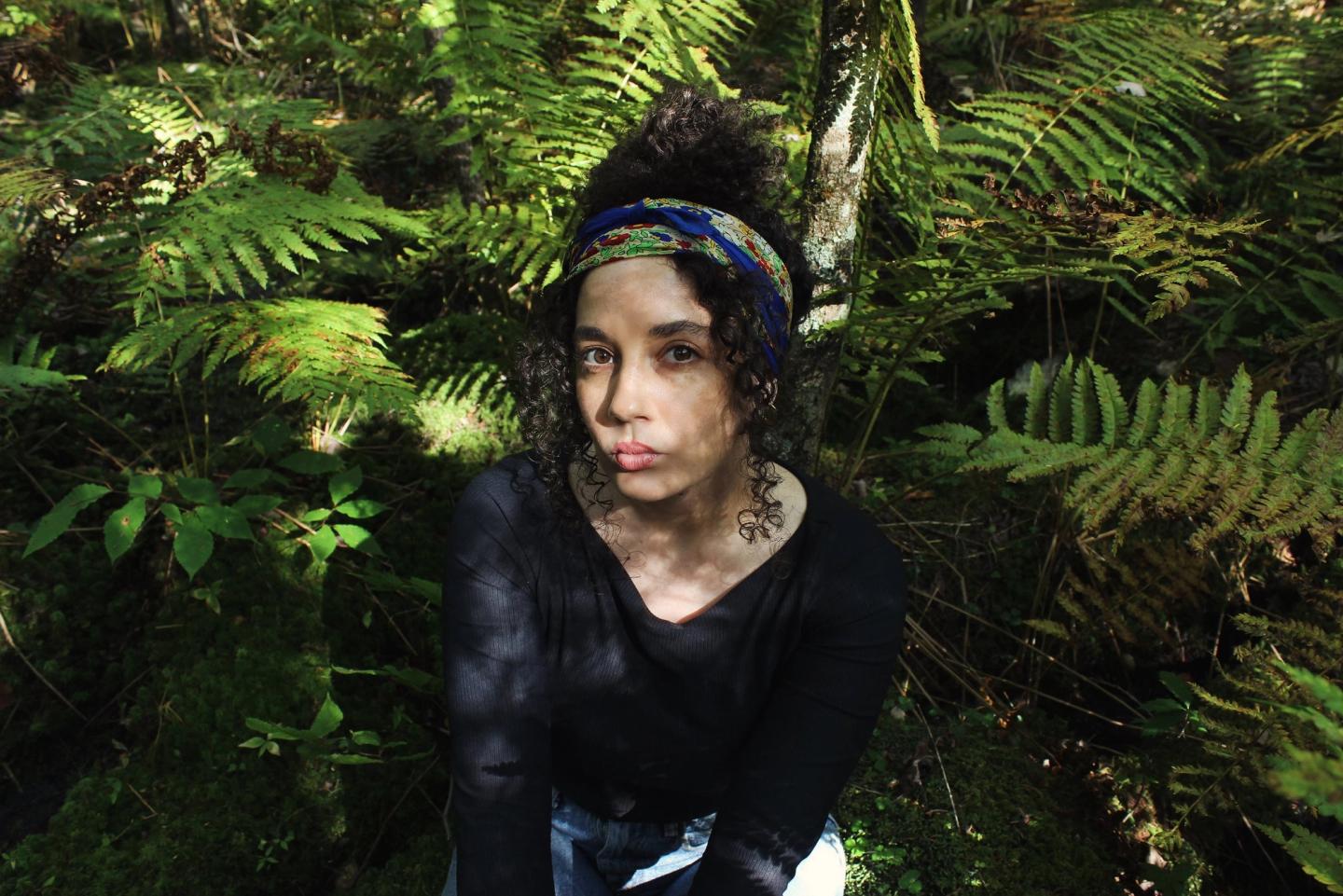
Read more
Curator and Researcher

Dr. Patricia Ononiwu Kaishian
Curator and Researcher
Dr. Patricia Ononiwu Kaishian is the Curator of Mycology at the New York State Museum, as well as faculty with the Bard Prison Initiative. Her research focuses on fungal taxonomy, diversity, evolution, symbiosis, and ecology, particularly of the less studied fungal groups, such as the insect-associated Laboulbeniales. She is a co-founder of the International Congress of Armenian Mycologists, which seeks to jointly protect Armenian sovereignty and biodiversity. Patricia also studies philosophy of science, queer ecology, and queer theory, exploring how mycology and other scientific disciplines are situated in and informed by our sociopolitical landscape. Her work, The science underground: mycology as a queer discipline, bridged the relationship between queerness and mycology. Her forthcoming book, Forest Euphoria: The Abounding Queerness of Nature, will be published by Spiegel & Grau.
Hicham Khalidi
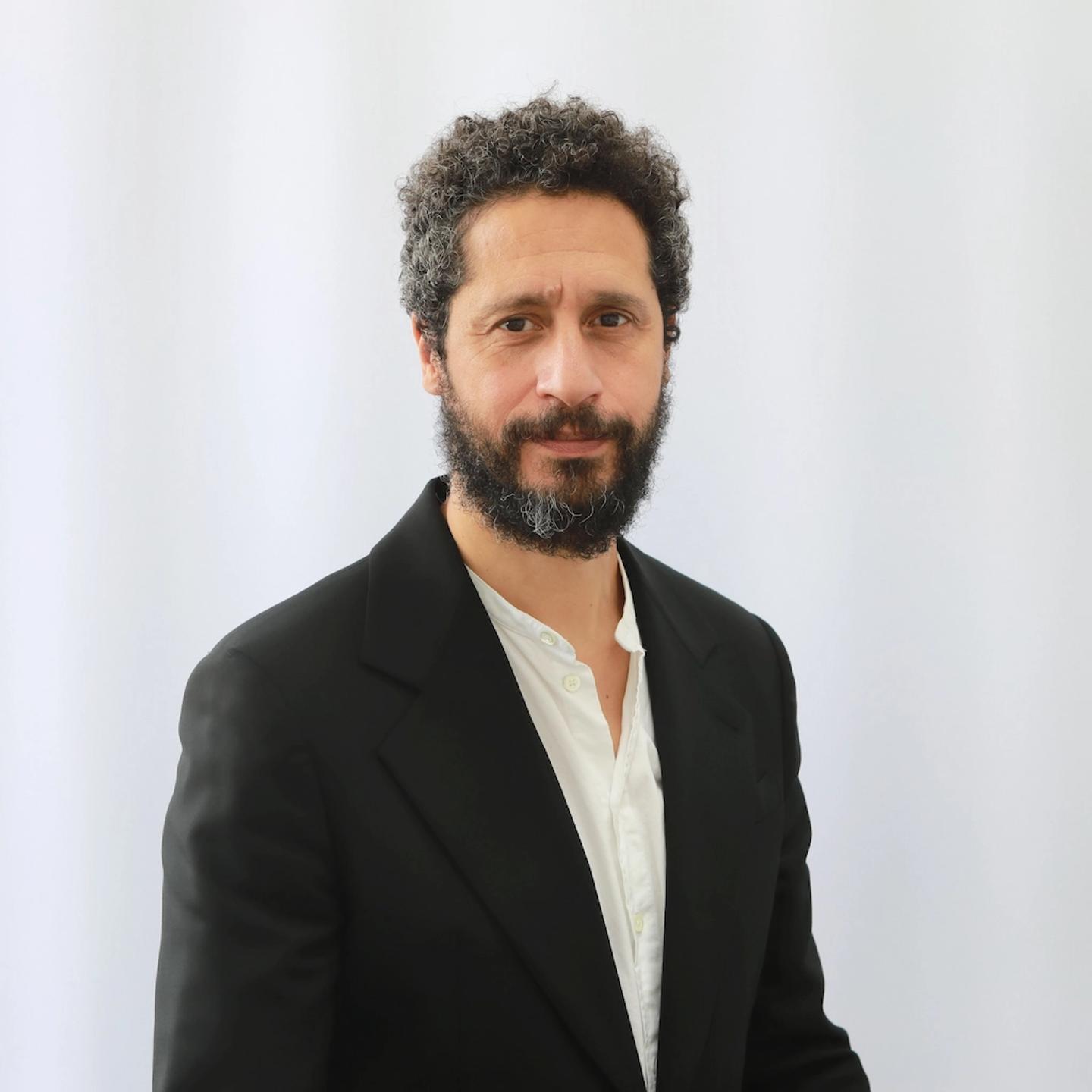
Read more
Curator

Hicham Khalidi
Curator
Hicham Khalidi (1972) has been director of the Jan van Eyck Academie in Maastricht (NL) since 2018. As a Post-Academic Institute, the Jan van Eyck offers residencies to international artists, designers, writers, curators and other artistic researchers and makers. Khalidi was the curator of the Dutch entry for the 60th International Art Exhibition – La Biennale di Venezia in 2024. From 2015 until 2018, he worked as associate curator at Lafayette Anticipations in Paris. He was also the curator of the group exhibition ACT II for the Sharjah Biennale in Beirut in 2017, cultural attaché of the Sydney Biennale in 2016 and chief curator of the Marrakech Biennale in 2014. As a curator, Khalidi is interested in the context and conditions related to contemporary art and art-institutional practices and specifically in how the climate emergency, the accumulation of crises and processes of colonialism affect these practices. He considers curatorship as working in service of and in coalition with others.
Noa Jansma

Read more
Artist

Noa Jansma
Artist
Noa Jansma is a multidisciplinary artist who investigates commonly accepted cultural beliefs by challenging their validity or purpose through seemingly naive questions. Her work focuses on the relationship between humans and their (ecological) environment, using food as both a subject and a medium. The questions she raises often intersect philosophy, the material-spiritual duality, and politics, resulting in diverse outcomes such as culinary performances, video installations, and educational programs.
Michael Marder
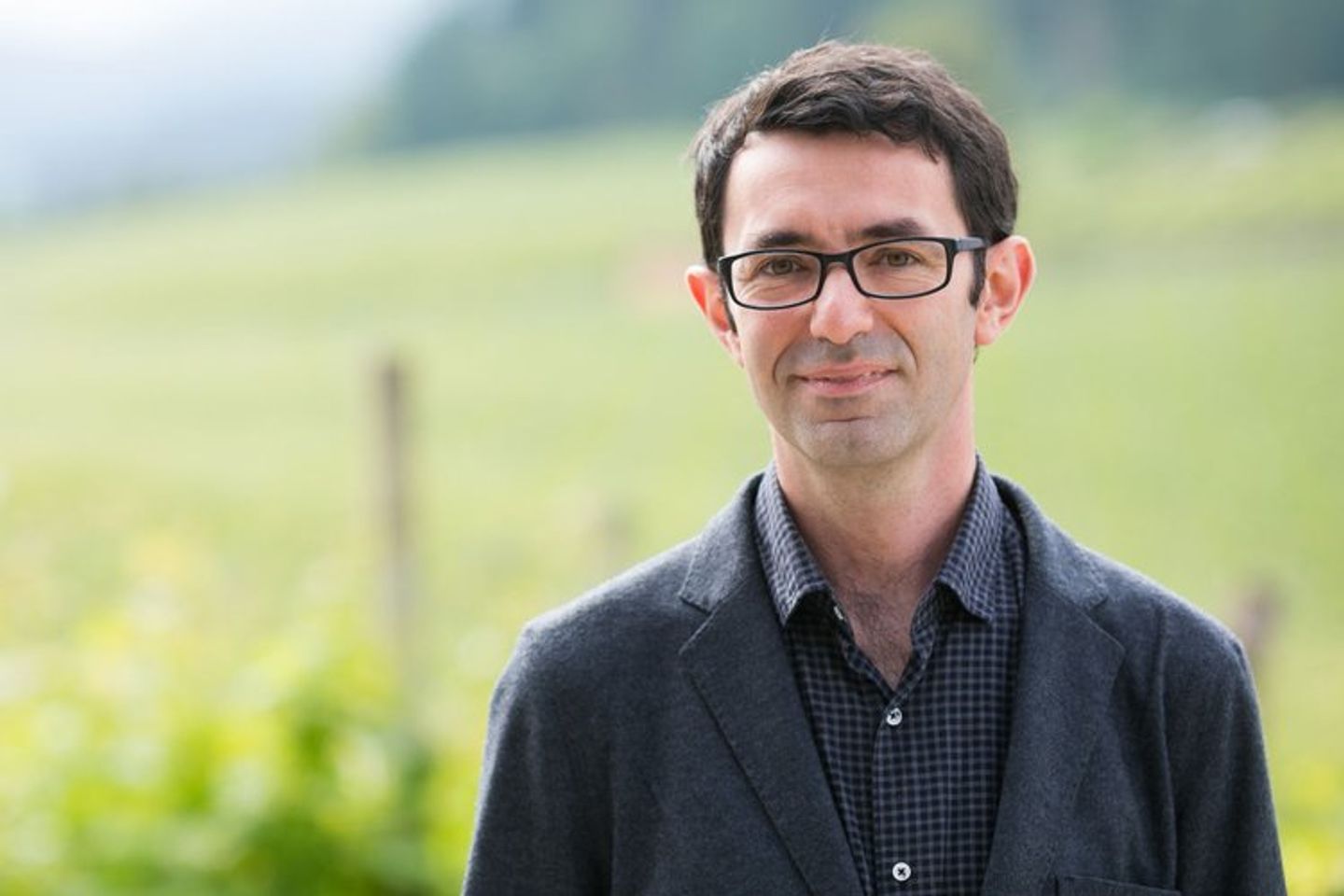
Read more
Research professor of Philosophy

Michael Marder
Research professor of Philosophy
Michael Marder is IKERBASQUE Research Professor in the Department of Philosophy at the University of the Basque Country (UPV-EHU), Vitoria-Gasteiz, Spain. His writings span the fields of ecological theory, phenomenology, and political thought. He is the author of numerous scientific articles and monographs, including Plant-Thinking (2013); The Philosopher’s Plant (2014); Dust (2016), Energy Dreams (2017), Heidegger (2018), Political Categories (2019), Pyropolitics (2015, 2020); Dump Philosophy (2020); Hegel's Energy (2021); Green Mass (2021), Philosophy for Passengers (2022), The Phoenix Complex (2023), Time Is a Plant (2023), and, with Edward S. Casey, The Place of Plants (2023). For more information, consult his website michaelmarder.org (http://michaelmarder.org/).
Lelani Lewis
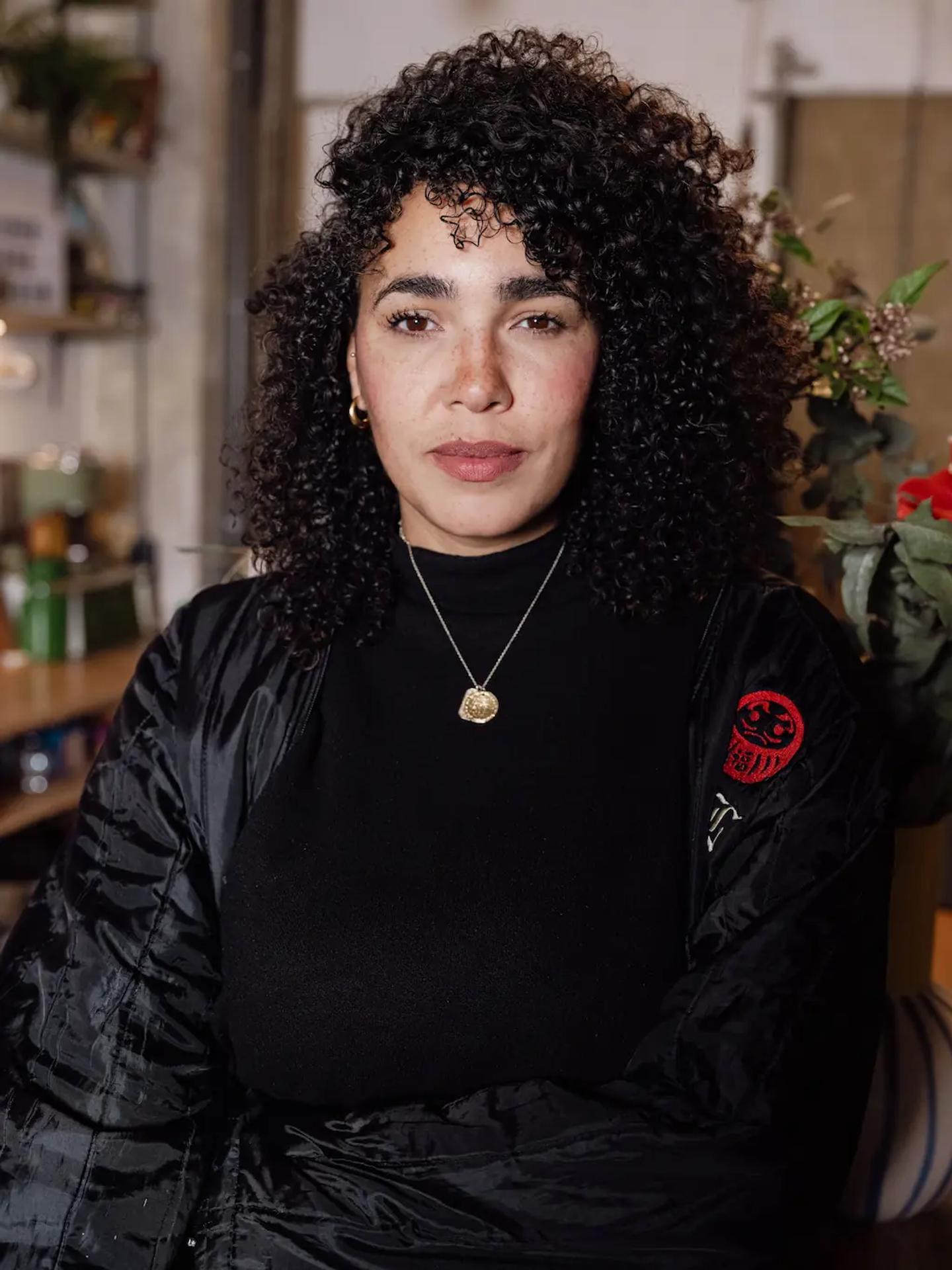
Read more
Culinary activist, Food stylist, Cook

Lelani Lewis
Culinary activist, Food stylist, Cook
Lelani Lewis creates inspiring experiences with her innovative and vibrant approach to food. Hailing from South London with Grenadian and Irish heritage, Lelani grew up amongst the diversity of cuisine; learning the ins and outs of global flavours from a young age with favourites such as bara and sweet potato pie.
Becoming obsessed with developing a mainstream platform for Caribbean food, Lelani wanted to demonstrate just how unique and diverse Caribbean cuisine is, combining her love of bringing people together around the table and paying homage to those who came before her.
The rich histories of the islands provide a deep well of inspiration for Lelani to further explore the cultural impact of food, and how the world’s ingredients unravel beautiful –and tragic– stories.”
Dr. masharu
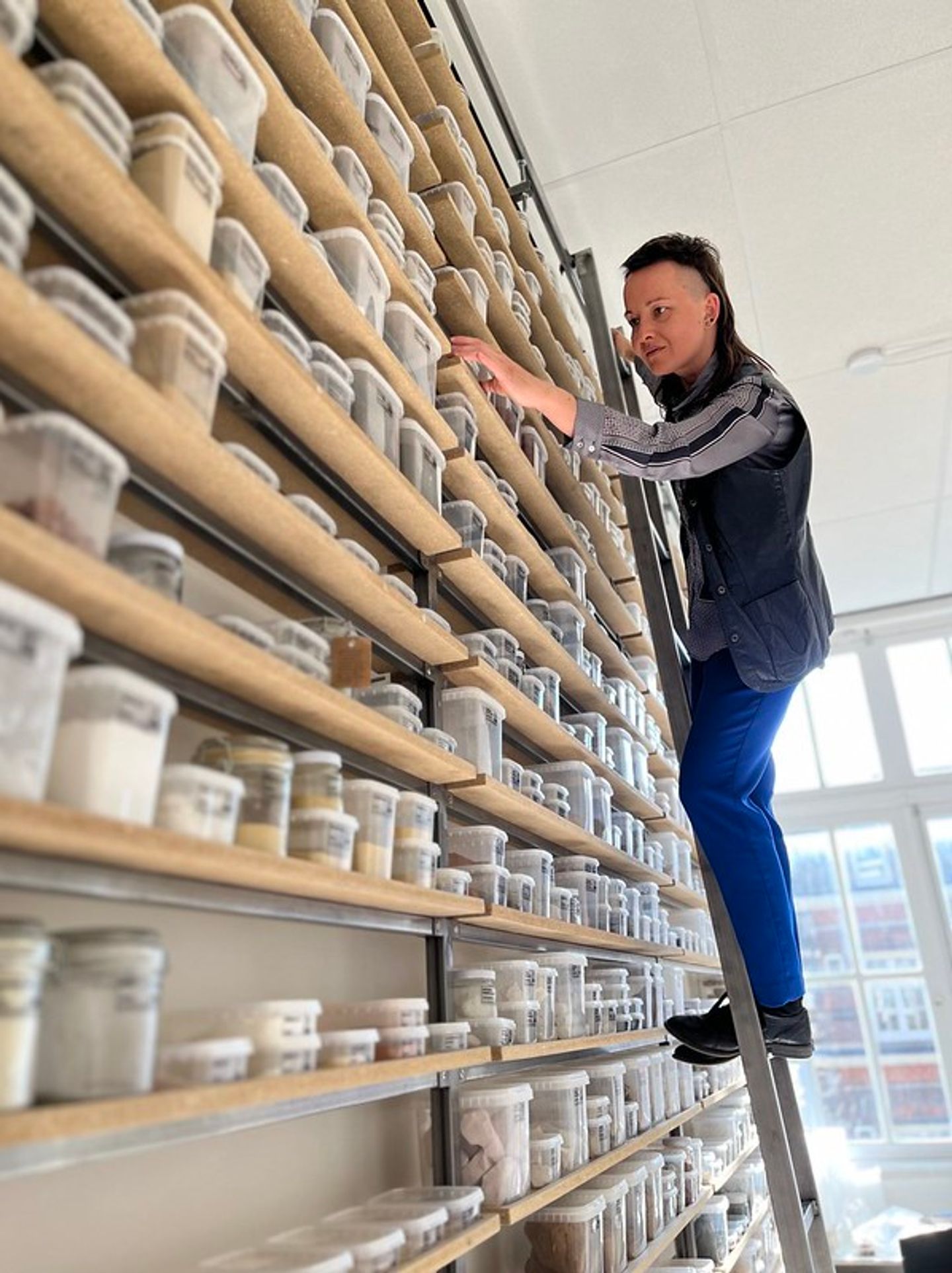
Read more
founder Museum of the Edible Earth

Dr. masharu
founder Museum of the Edible Earth
Dr. masharu is an earth eater and an earth lover, a founder of the Museum of Edible Earth. masharu’s projects combine scientific research with a personal approach and cultural practices. In 2011 they obtained a PhD in Mathematics and graduated with honours from the Photo Academy Amsterdam. In 2013-2014 they participated in the art-in-residency programme at Rijksakademie van Beeldende Kunst in Amsterdam.
Nonhuman Nonsense
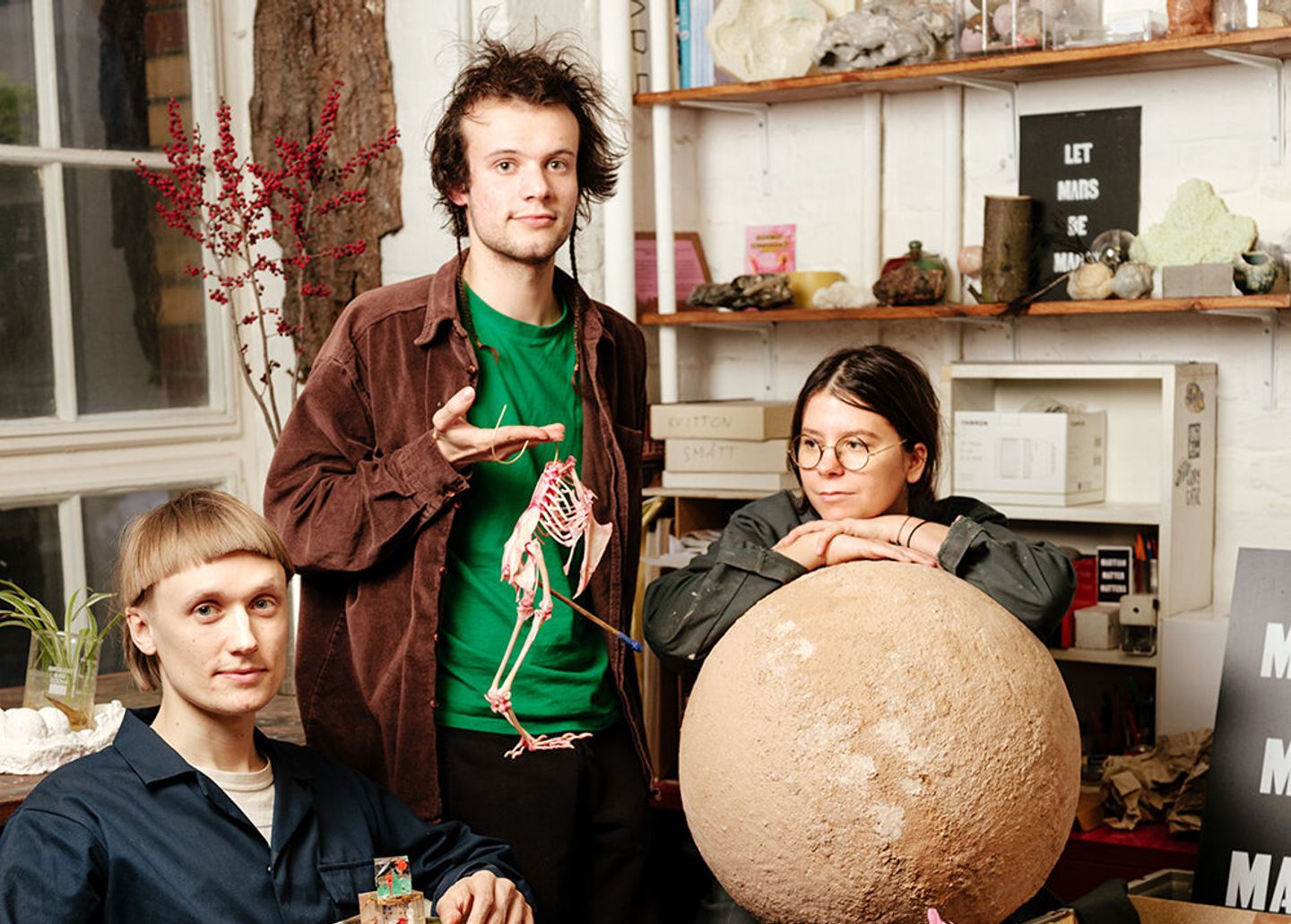
Read more
Art-Design Collective

Nonhuman Nonsense
Art-Design Collective
Nonhuman Nonsense is a research-driven art and design collective working in the realm of social dreaming and world-making. Their projects engage with the nonhuman: animals, objects, ecology, technology, and the spectres between and beyond categories. They use nonsense as an antidote to “common sense” – embracing paradoxical stories to explore the ethical and metaphysical layers of our relationship with the (nonhuman) world. The collective creates contradictory scenarios & propositions in which they appropriate ideas from fields such as science, computing, law and mythology. Nonhuman Nonsense enjoys curiosity, cherishes compassion, and recognises that separating the human from the nonhuman is nonsense.
Sophie Strand
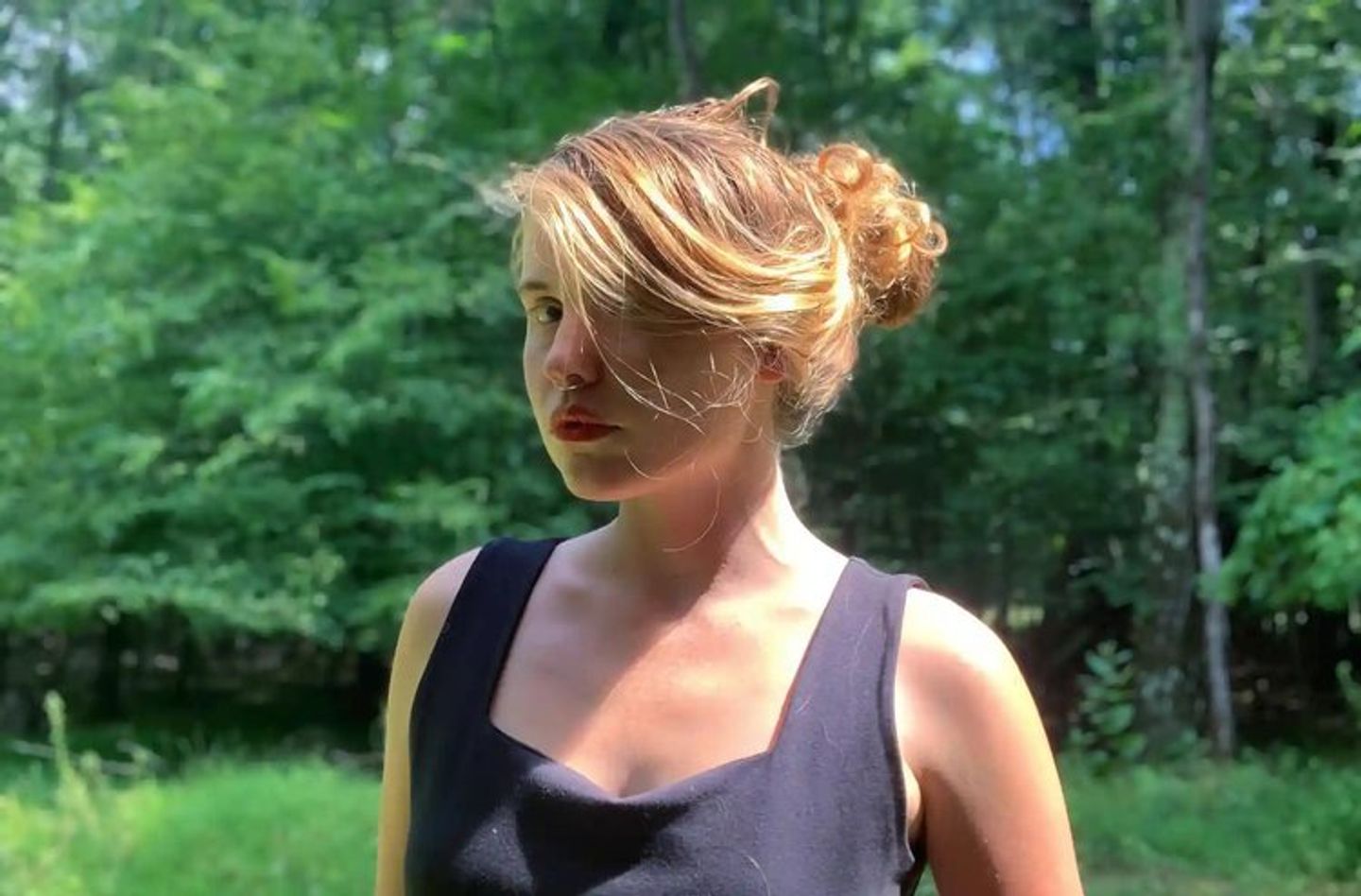
Read more
Writer

Sophie Strand
Writer
Sophie Strand is a writer based in the Hudson Valley who focuses on the intersection of spirituality, storytelling, and ecology. She is the author of The Flowering Wand: Rewilding the Sacred Masculine and The Madonna Secret. Her memoir The Body is a Doorway: A Journey Beyond Healing, Hope, and the Human is forthcoming from Running Press Spring 2025.
Grandeza Studio

Read more
Research cluster of Architects

Grandeza Studio
Research cluster of Architects
Based between Madrid and Sydney, GRANDEZA STUDIO
(Amaia Sanchez-Velasco, Jorge Valiente Oriol and Gonzalo Valiente Oriol) is a collective of architects and artists founded in Madrid in 2011. Their work studies late-capitalist spaces and narratives to identify – through critical analysis – and challenge – through political imagination – the mechanisms that veil and normalize structural forms of violence.
GRANDEZA STUDIO´s work hybridizes methodologies that entangle with research, critical spatial practice, writing, performance, design, filmmaking and pedagogy.
Parama Roy
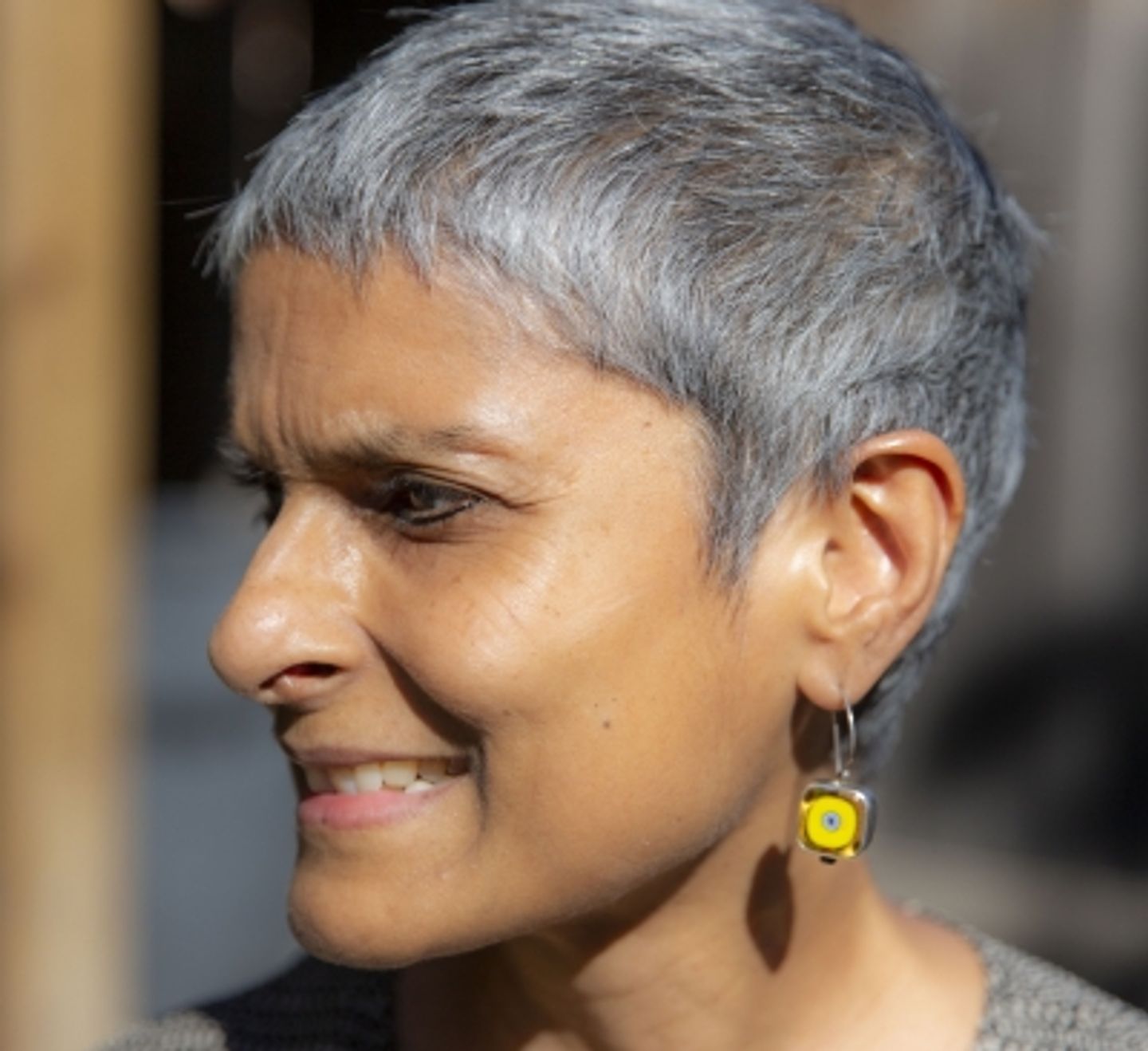
Read more
Academic Researcher

Parama Roy
Academic Researcher
Parama Roy is a Professor of English at the University of California, Davis. Her research focuses on issues related to postcolonial theory and literatures; Victorian studies; appetite, consumption and taste/food studies; and animal studies. She is the author of three books, including, Alimentary Tracts: Appetites, Aversions and the Postcolonial (Duke, 2010), States of Trauma: Gender and Violence in South Asia (Zubaan, 2009), and Indian Traffic: Identities in Question in Colonial and Postcolonial India (University of California, 1998).
Mercedes Villalba
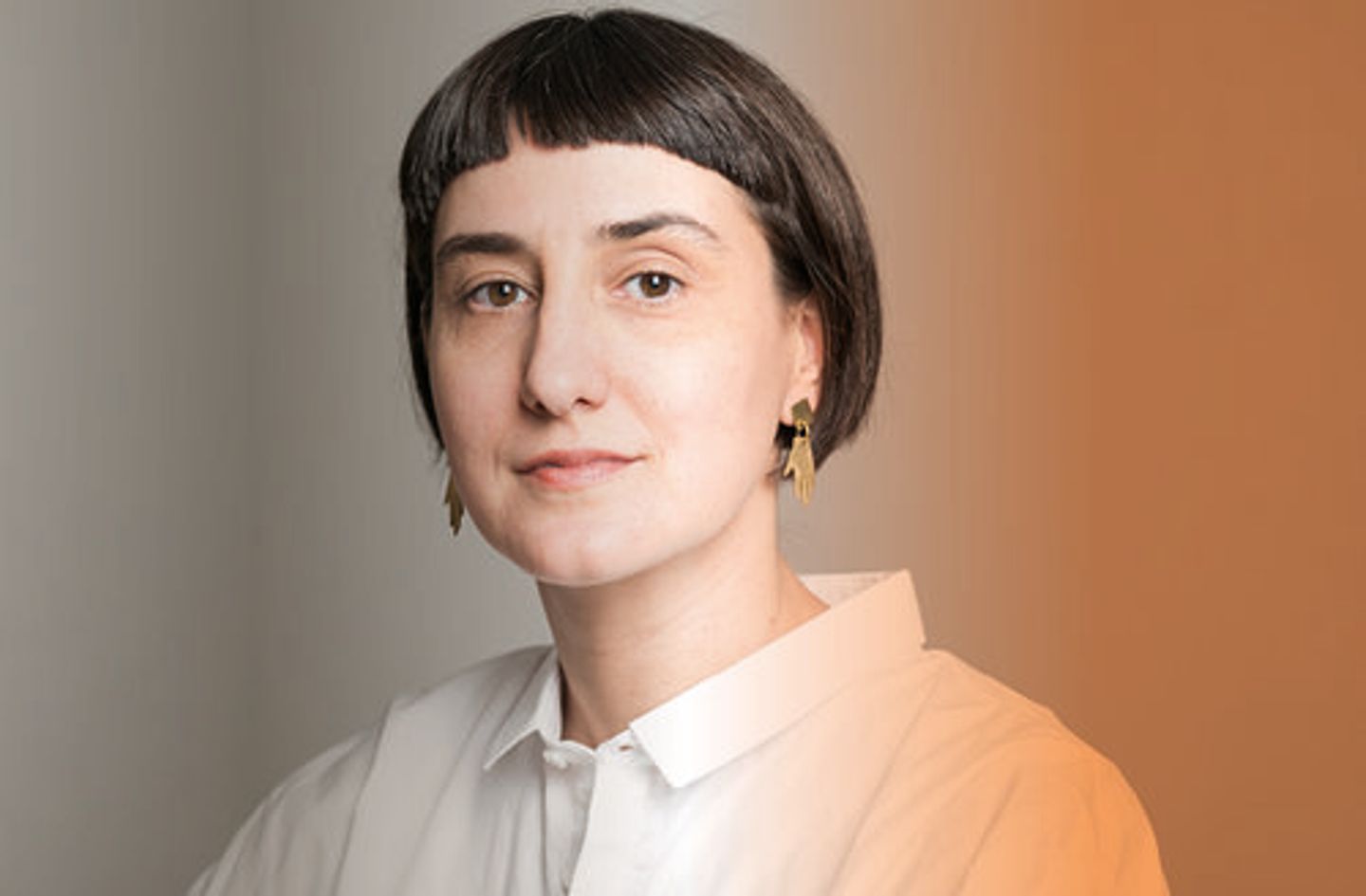
Read more
Writer and Anthropologist

Mercedes Villalba
Writer and Anthropologist
Mercedes Villalba writes poetry and nonfiction, mostly about nature, and is currently a Ph.D. candidate at the University of California, Davis, where she researches art and landscapes in the energy transition. She is the author of “Fervent Manifesto” (2019) and “A las Plantas” (2022). She studied Anthropology at the Universidad Nacional de San Martín in Buenos Aires and at The New School for Social Research in New York and has published articles, poems, translations, and essays in Spanish and English. Every once in a while, she makes zines and small-run prints. Her ‘Fervent Manifesto’ was translated into Spanish, Portuguese, and Catalá and Kiwcha.
Asunción Molinos Gordo
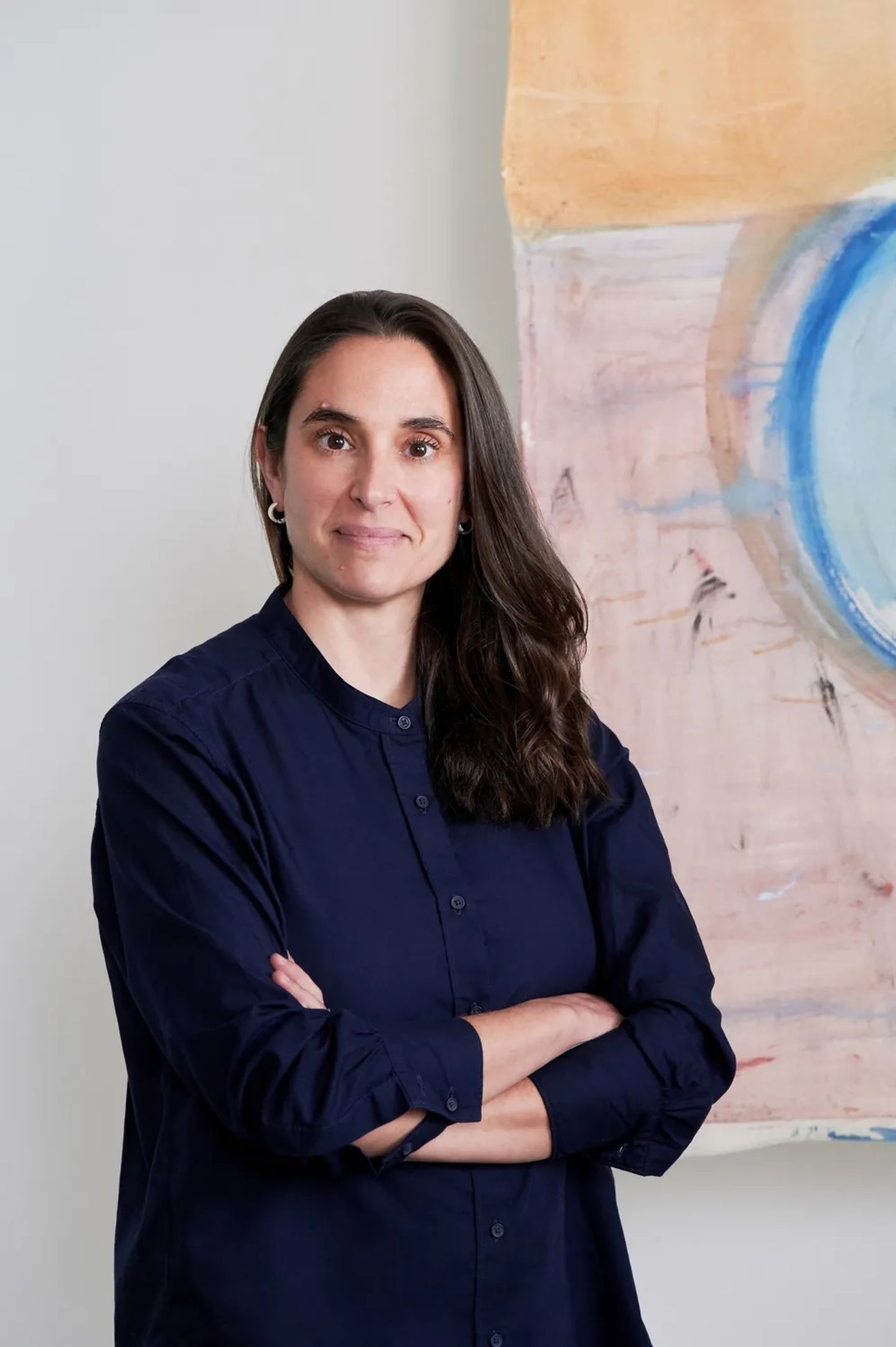
Read more
Artist

Asunción Molinos Gordo
Artist
Asunción Molinos Gordo is a research-based artist strongly influenced by disciplines such as anthropology, sociology and cultural studies. In her practice she questions the categories that define “innovation” in mainstream discourses today, working to generate a less urban-centric way of understanding progress.
The main focus of her work is contemporary peasantry. Her understating of the figure of the small or medium farmer is not merely as food producer but as cultural agent, responsible for both perpetuating traditional knowledge and for generating new expertise. She employs installation, photography, video, sound and other media to examine the rural realm driven by a strong desire to understand the value and complexity of its cultural production, as well as the burdens that keep it invisible and marginalized.
She has produced work reflecting on land usage, nomad architecture, farmers’ strikes, bureaucracy on territory, transformation of rural labour, biotechnology and global food trade.
Molinos Gordo won the Sharjah Biennial Prize 2015 with her project WAM (World Agriculture Museum) and represented Spain Official Section at the 13th Havana Biennial 2019. Her work has been exhibited at venues including V&A Museum (London), Delfina Foundation (London), ARNOLFINI (Bristol), Jameel Arts Center (Dubai), The Townhouse Gallery (Cairo), Darat Al Funun (Amman), Tranzit (Prague), ART BASEL Miami Beach (US), Cappadox Festival (Uchisar-Turkey), The Finnish Museum of Photography (Helsinki), Museo Carrillo Gil (Mexico), MAZ Museo de Arte de Zapopan (Mexico), MUSAC (León, Spain), CA2M (Madrid, Spain), CAB de Burgos (Spain), Matadero (Madrid, Spain) and La Casa Encendida (Madrid, Spain), among others.
She obtained her B.F.A. from the Universidad Complutense de Madrid, where she also pursued her Master in Contemporary Art Theory and Practice. She is currently studying Anthropology and Ethnography at UNED (Spain).
Molinos Gordo is represented by Travesia Cuatro gallery in Spain and Mexico.
Darren Le Baron
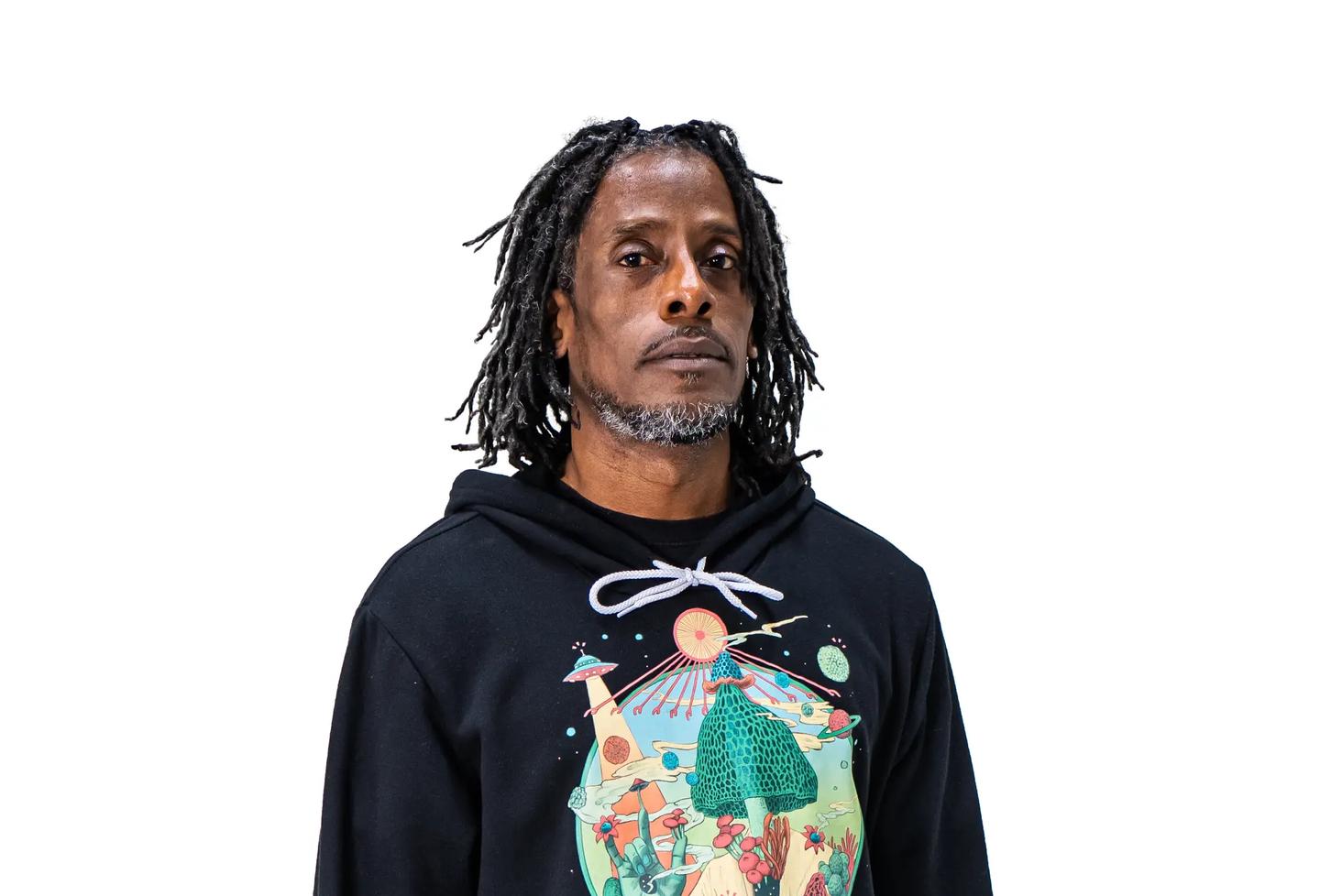
Read more
Etnomycology and Psychedelic Studies

Darren Le Baron
Etnomycology and Psychedelic Studies
Darren Le Baron is a world renowned educator in Ethnomycology and Psychedelic studies. Based in the UK and the Caribbean he is also a grassroots community activist and influencer. With a background in Creative Arts, Organic Horticulture and Permaculture, he is the creator of the Shroomshop, a Mushroom Cultivation initiative that engages local communities, schools and business enterprises alike.
Course Content
Term 1. Foundations of Food and Art
This term lays the groundwork for understanding food as a pivotal artistic and political medium. We will explore food cosmogonies—stories describing the shaping of the world by food—and examine key concepts in contemporary art dealing with food: readymade, participation and Arte Útil. As we interrogate Duchamp's legacy and discuss the role of cities and food with Carolyn Steel, food will emerge as a lens through which we examine positionality and political engagement in contemporary contexts.
Term 2. Bitter Sweet Cartographies
Colonial histories are deeply intertwined with food systems, as culinary practices and crops have shaped colonial exploitation. This second term maps the cultural and political geographies of colonialism through the lens of food, exploring how artists and activists engage with the legacies of imperialism and the struggle for food sovereignty. Through ingredients like sugar, rice, potatoes, chocolate and bananas, we will engage with a broad history of agriculture and the current “plantationocene”.
Term 3. Stories of Entangled Foodscapes
We end the first year on food and site specificity, focusing on cultural heritage and ecosystemic contexts. As we study artists and architects addressing the politics of land management, agroecology, and community engagement, we will explore artistic and quantitative methodologies to dive into specific foodscapes. From the analysis of Agnes Denes' Wheatfield: A Confrontation to Cooking Sections' Climavore projects, we interrogate the intricacies of dynamics like rurality and city, human and more-than-human interdependencies, while reflecting on sustainability as a multilayered subject.
Term 4. Unexpected Edible Partnerships
In this term, we will engage with overlooked and fascinating agencies in our food systems: microbes, plants, fungi, and other non-human entities. Through a multispecies lens, lectures and conversations interrogate how these organisms shape culinary and cultural practices, as well as how they can inspire new experimental approaches to art-making and radical thinking. Exploring mycelial networks and plant intelligence, we will study the creative potential of companion species and entangled ecologies.
Term 5. Brewing gender politics
This term delves into the intersections of gender, food, and magical thinking, drawing on feminist theory and critiques of patriarchal systems. From studying witchcraft, rewilding masculinity and magic as metaphysical rewiring, we will explore cooking as a site of gendered labour, power, and ritual. Feminist theories and magical practices become a subversive binomial, a framework challenging normative binaries and reclaiming culinary spaces as stages of empowerment, queering and political transformation.
Term 6. Food is the future;
the future is a monster
As the ecological crisis is also one of imagination, we will conclude the altMA by researching the profound issues of industrial animal farming while speculative design projects draft alternative futures for us. Over this term, food will guide us in exploring the boundaries of ethics, scale and imagination. As we investigate animal rights discourse, genetic engineering, and the ecological impact of large-scale farming, we follow designers, artists and researchers on unpaved roads into speculative futures.
Calendar
03 Feb. Food and Art altMA Applications open
23 Mar. Full altMA deadline
24 Mar. Online Scholarships applications opens
April. Full altMA places offered
1 Jul. Pre-entry materials sent
15 Sep. Online Access Sign up Deadline
Term 1
Foundations of Food and Art
22 Sep - 01 Dec 2025
Residency #1: 26 Sep - 05 Oct 2025
Winter Break: 02 Dec 2025 - 12 Jan 2026
Term 2
Bitter Sweet Cartographies
12 Jan - 16 Mar 2026
Residency #2: 16 Jan - 25 Jan 2026
Term 3
Stories of Entangled Foodscapes
23 Mar - 08 Jun 2026
Residency #3: 23 May - 31 May 2026
Summer Break: 09 Jun - 20 Sep 2026
Term 4
Unexpected Edible Partnerships
21 Sep - 30 Nov 2026
Residency #4: 24 Sept - 04 Oct 2026
Winter Break: 01 Dec 2026 - 10 Jan 2027
Term 5
Brewing gender politics
11 Jan - 15 Mar 2027
No residency
Easter Break: 16 Mar - 28 Mar 2027
Term 6
Food is the future; the future is a monster
29 Mar - 07 Jun 2027
Residency #05: 28 May - 06 Jun 2027
Final show
Residencies
Residency #1 - Term 1. Amsterdam, The Netherlands. In collaboration with Mediamatic.
Mediamatic is an art centre dedicated to new developments in the arts since 1983. They organise lectures, workshops and art projects, focusing on nature, biotechnology and art+science in a strong international network. Mediamatic is interested in how art, design and science merge and how that can be used to experiment with new (living) materials. They challenge the senses and tackle perceptions regarding food, waste and unconventional materials such as piss, bacteria and fungi.
Residency #2 - Term 2. Mexico City. Mexico
Mexico City is a dynamic culinary hub where the flavours of the Global South converge, making it an ideal place to study food as a lens for understanding culture, history, and geopolitics. As one of the largest and most diverse metropolis in the world, it bridges indigenous traditions, colonial legacies, and contemporary global influences, creating a unique gastronomic ecosystem. Street food culture thrives alongside avant-garde dining, showcasing a deep respect for ingredients like maize, chilies, and cacao—staples that trace their roots to pre-Hispanic civilisations but now play central roles in global food systems.
Residency #3 - Term 3. Serra da Estrela, Portugal.
Serra da Estrela, Portugal’s highest mountain range, offers a fascinating rural setting for researching food, where centuries-old agricultural traditions intersect with questions of sustainability, climate, and regional identity. Known for its rugged landscapes and pastoral culture, the region showcases the deep relationship between terroir, artisanal methods, and food heritage. Shepherding practices here have remained largely unchanged for generations, offering insight into transhumance, land stewardship, and the resilience of small-scale food systems.
Residency #4 Term 4. Massiaru, Estonia. In collaboration with MASSIA.
MASSIA is located in a heritage school building in Massiaru, a village in Häädemeeste Parish, Pärnu County in southwestern Estonia.
MASSIA is busy with notions of self-organisation and making alternatives possible, tackle perceptions regarding food, waste and unconventional materials such as piss, bacteria and fungi.
Residency #5 - Term 6. Madrid, Spain.
Madrid will host the final show of the projects that the participants will have developed during their altMA degrees. Madrid is home to some of the most interesting contemporary research in the arts. Projects such as the Institute for Postnatural Studies , Foodscapes , Organismo or The Gramounce and it's sister FONDO are all based in the Spanish capital.
FAQs
Contact
The Gramounce does not have physical headquarters,
but is run online from Madrid, London, Brussels, Porto and Milan.
kitchen@thegramounce.com
@thegramounce
Apply
Applications for the full altMA are now closed. However, you can still sign up directly via payment to join the online-only programme:



